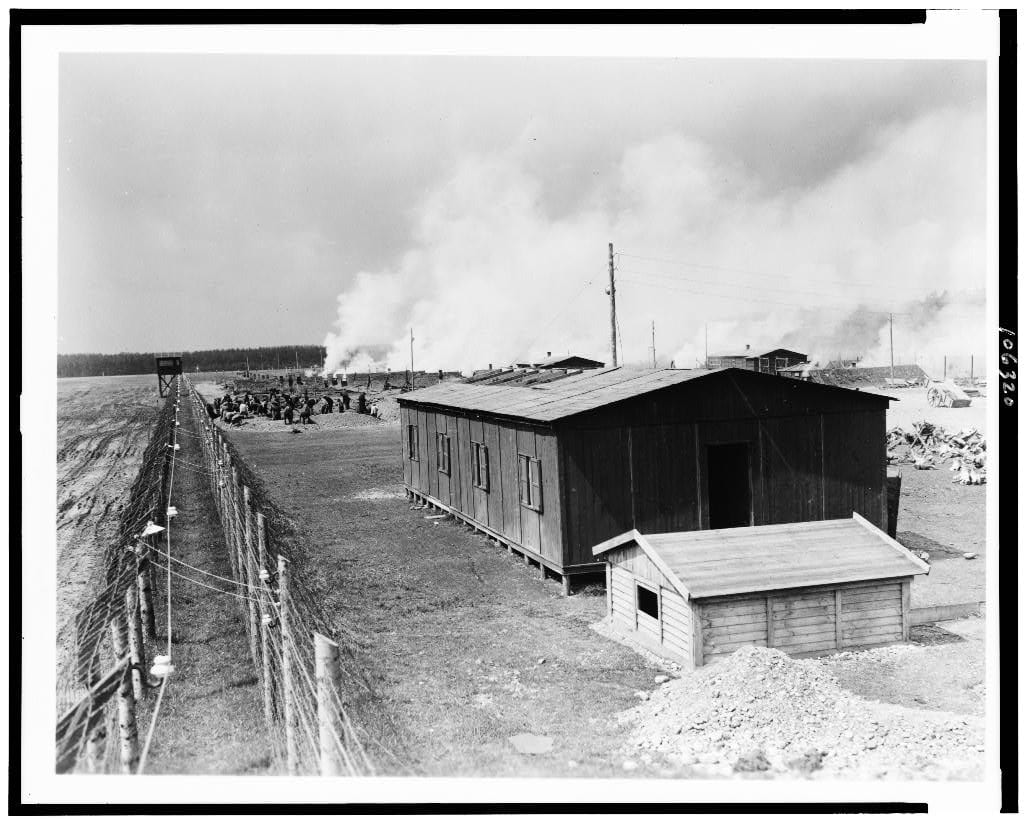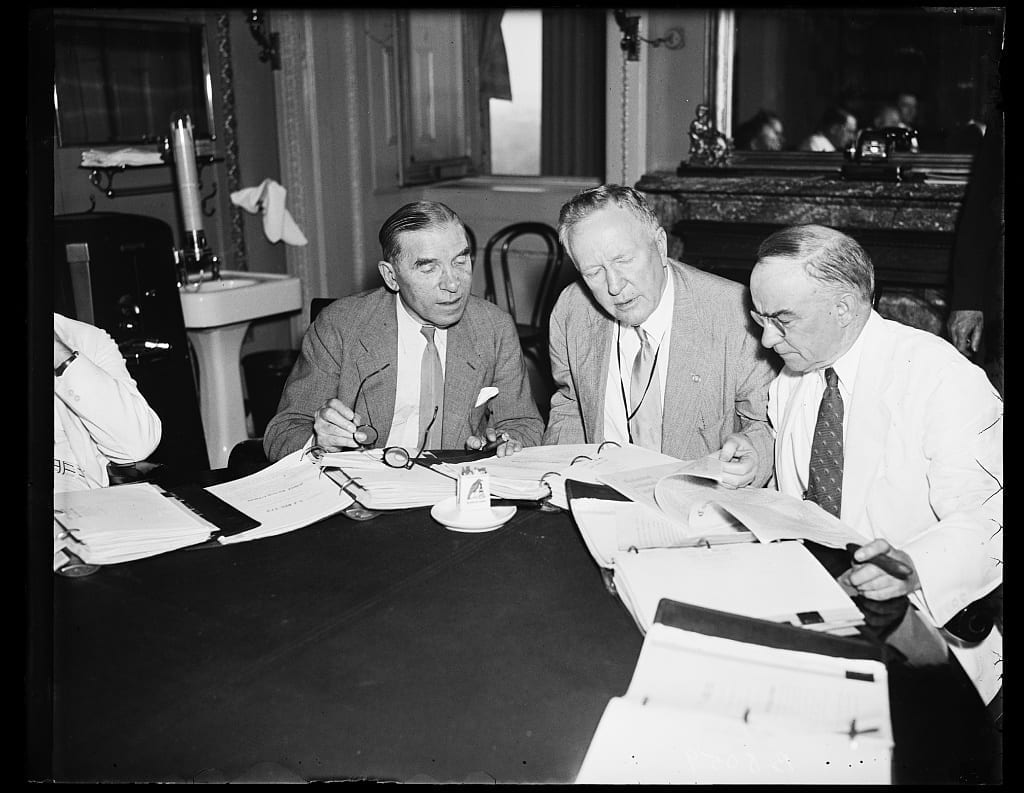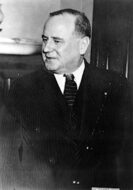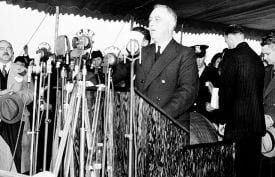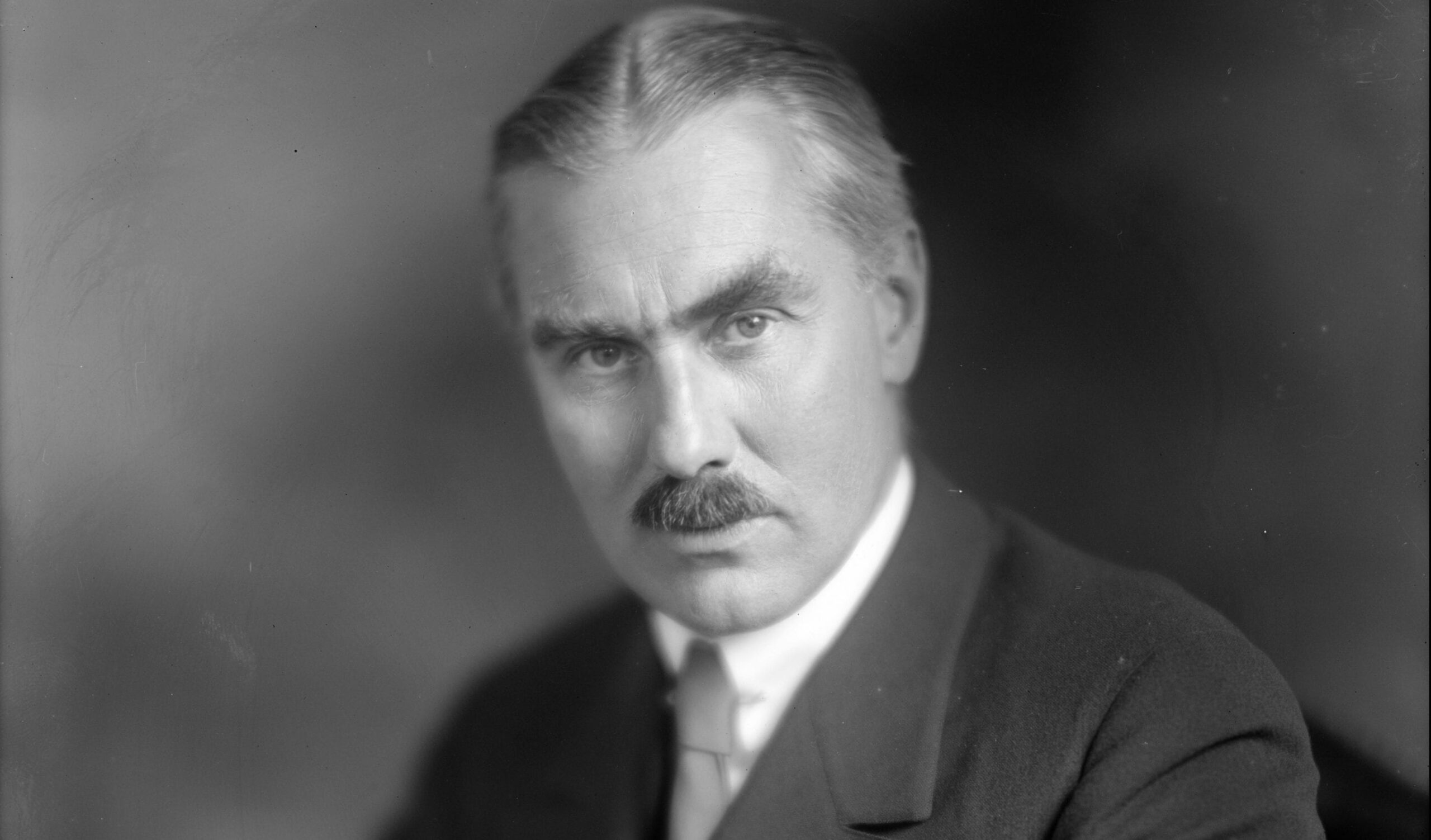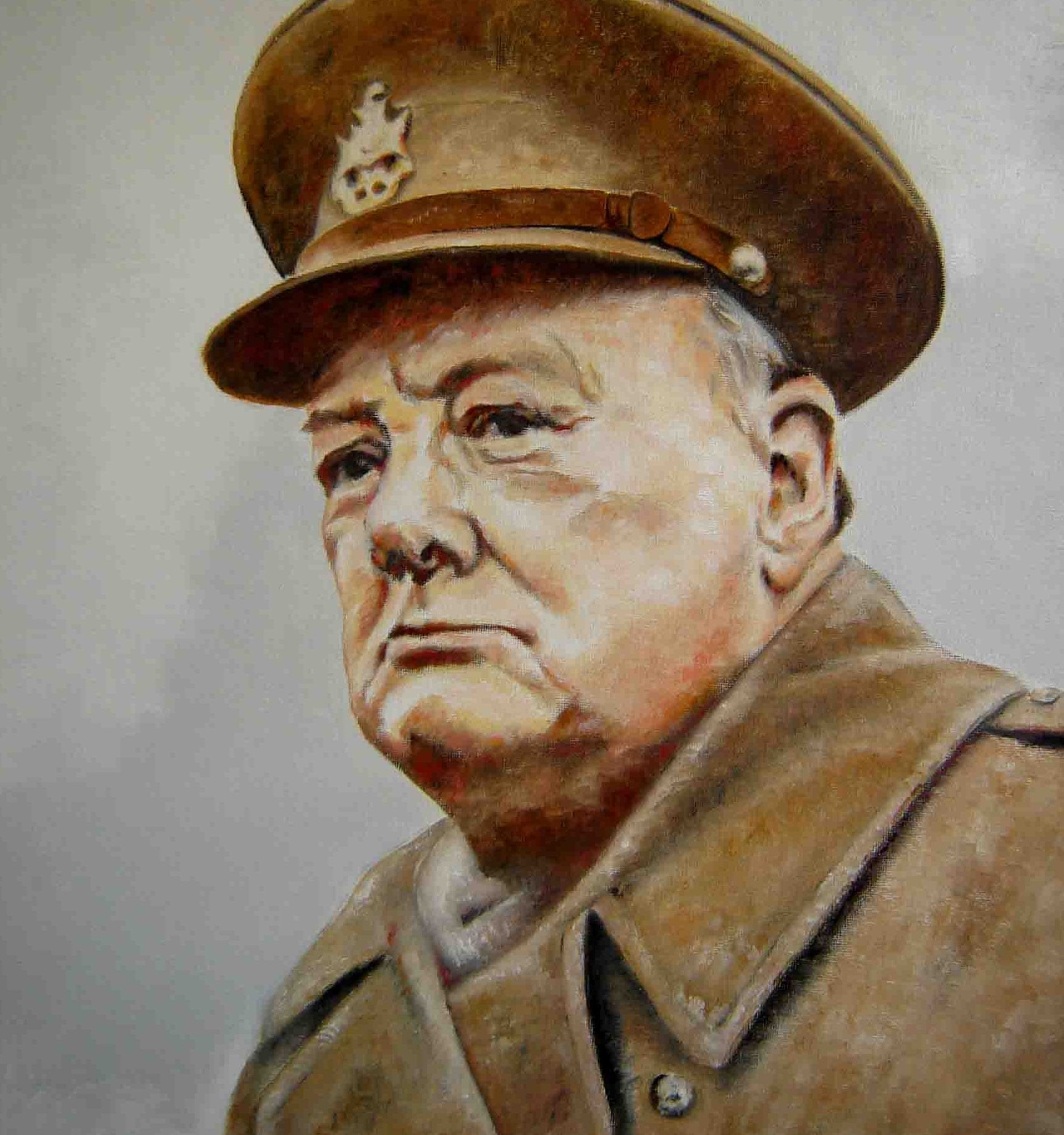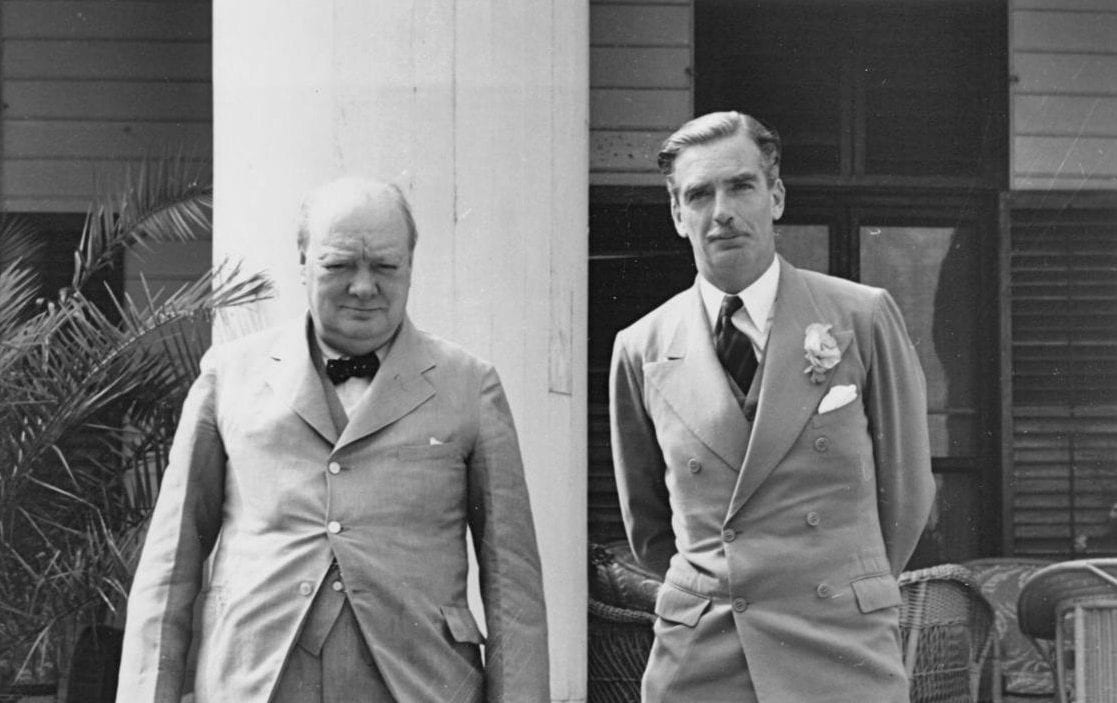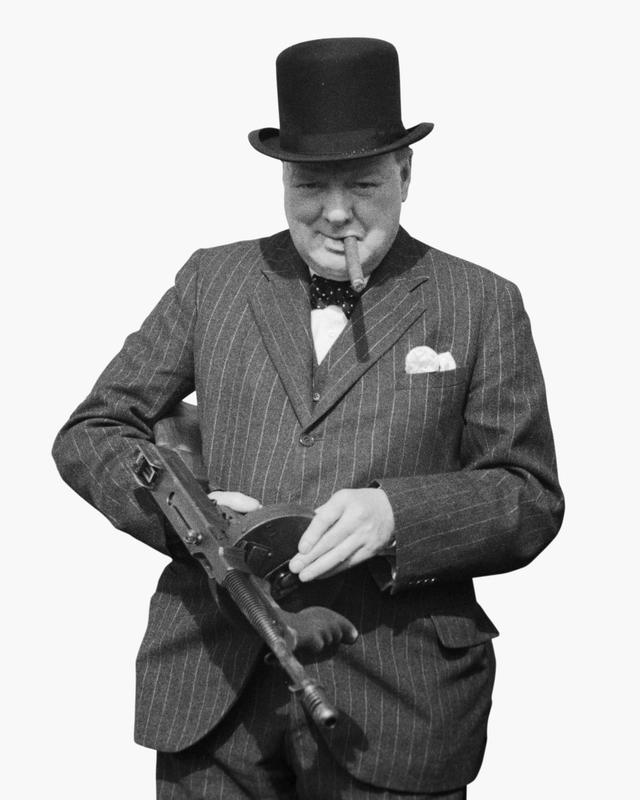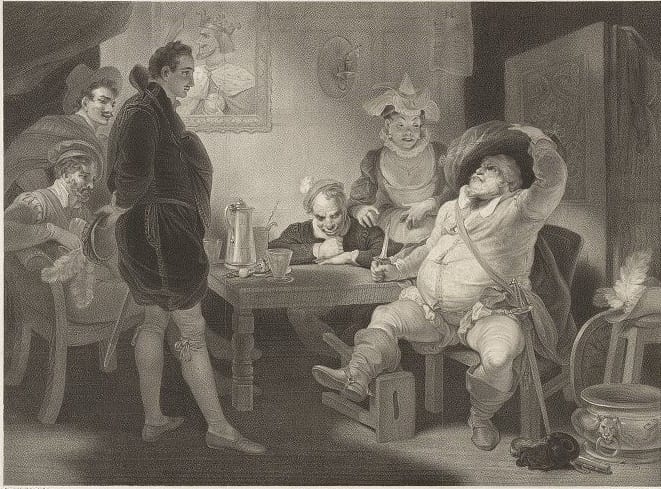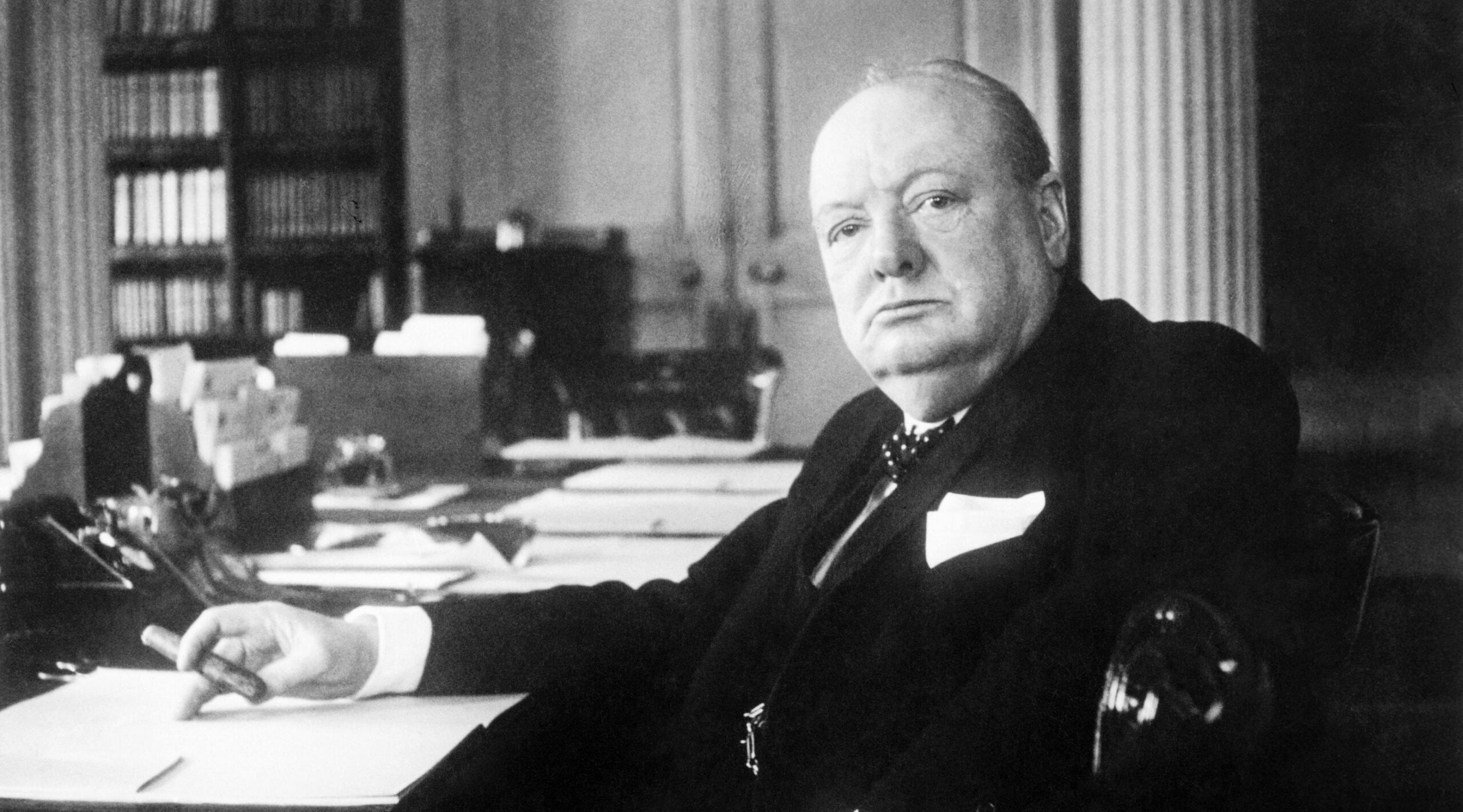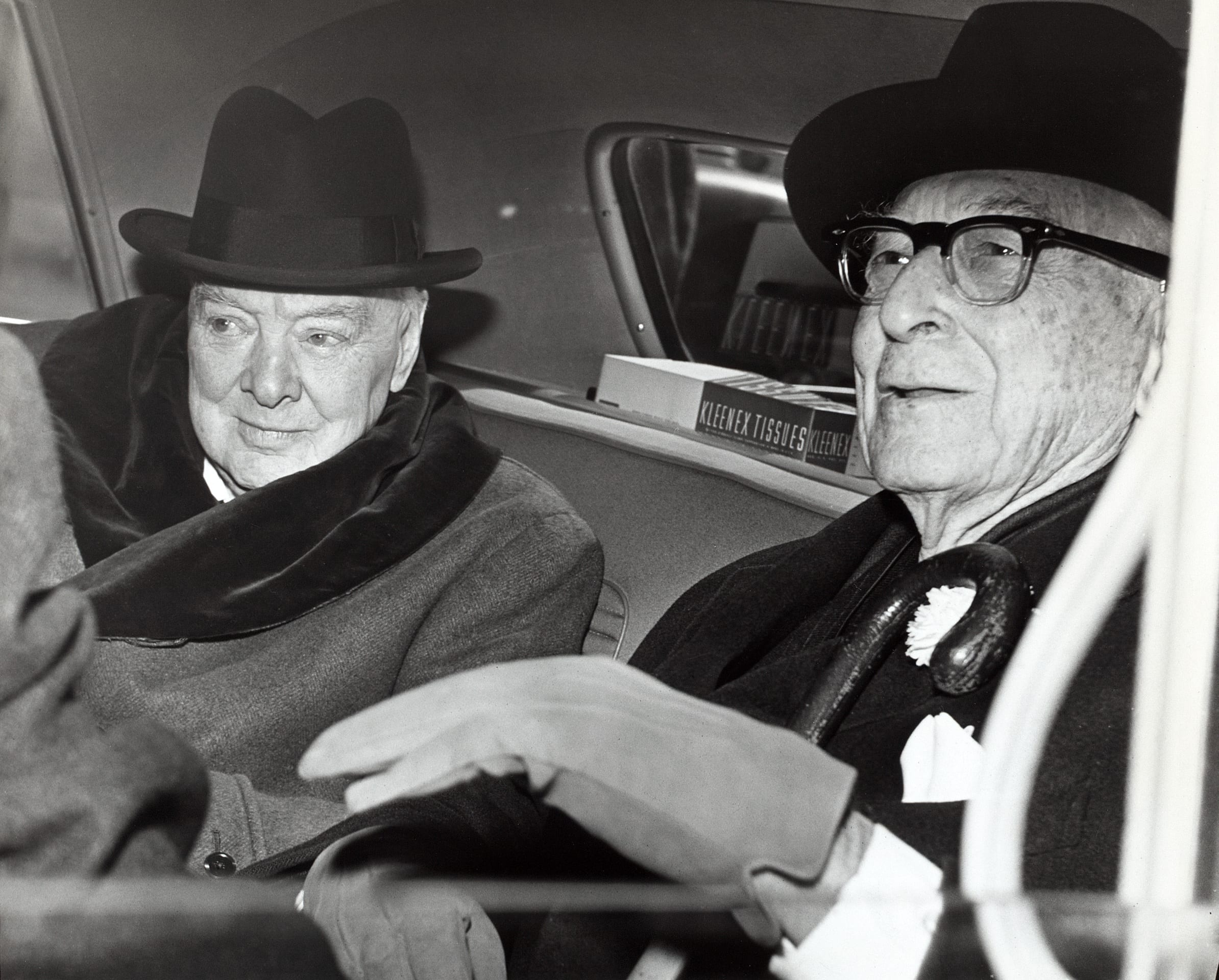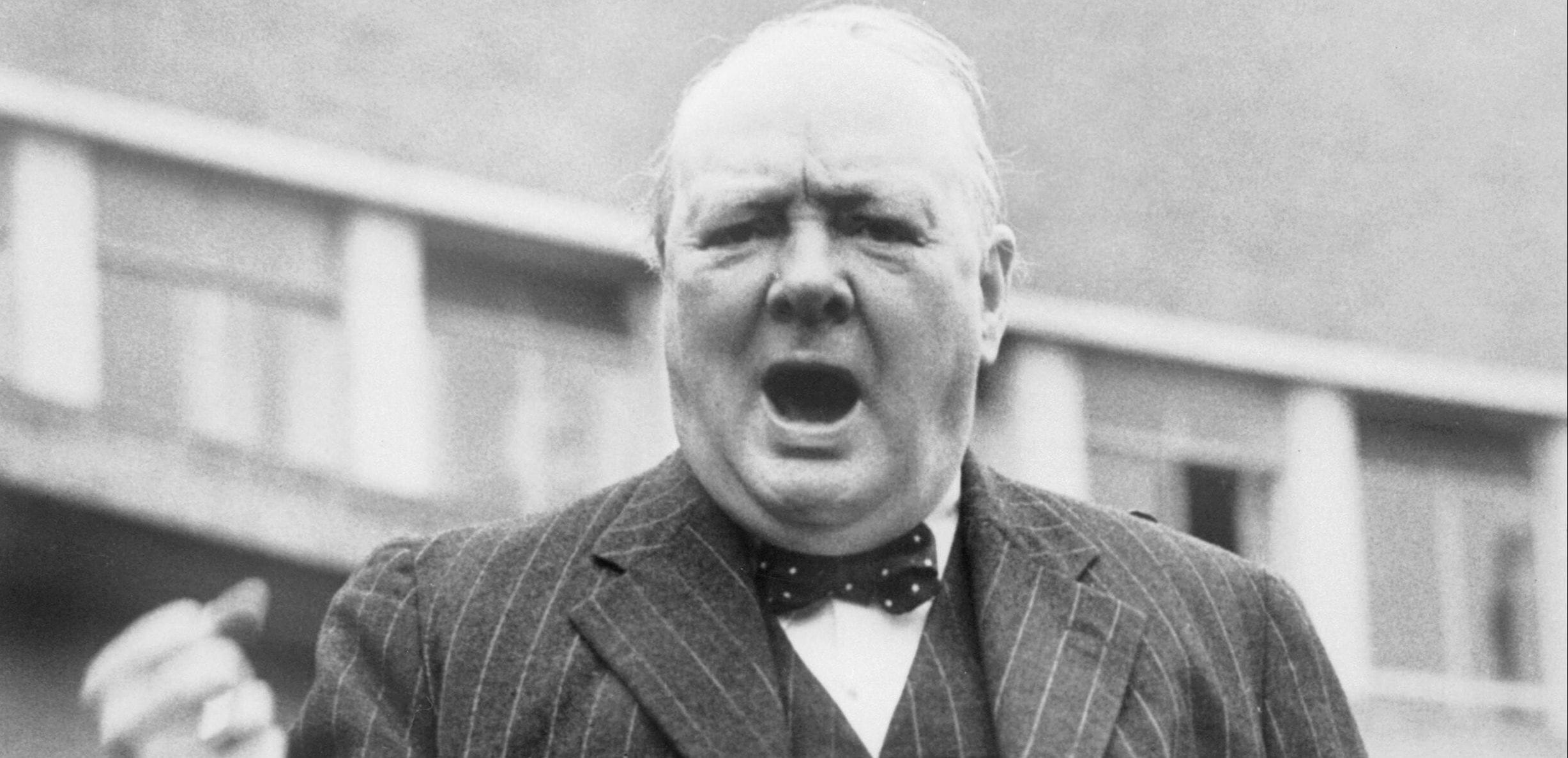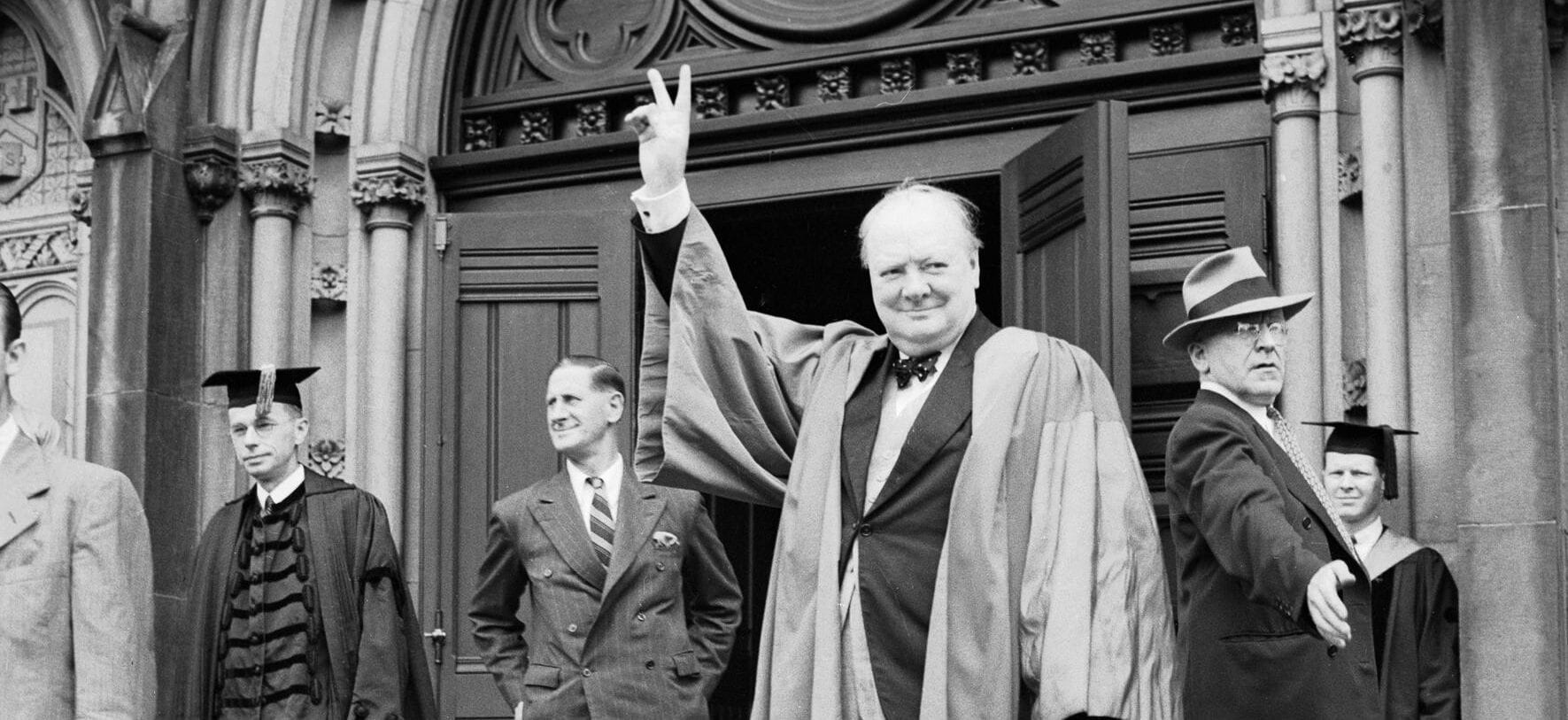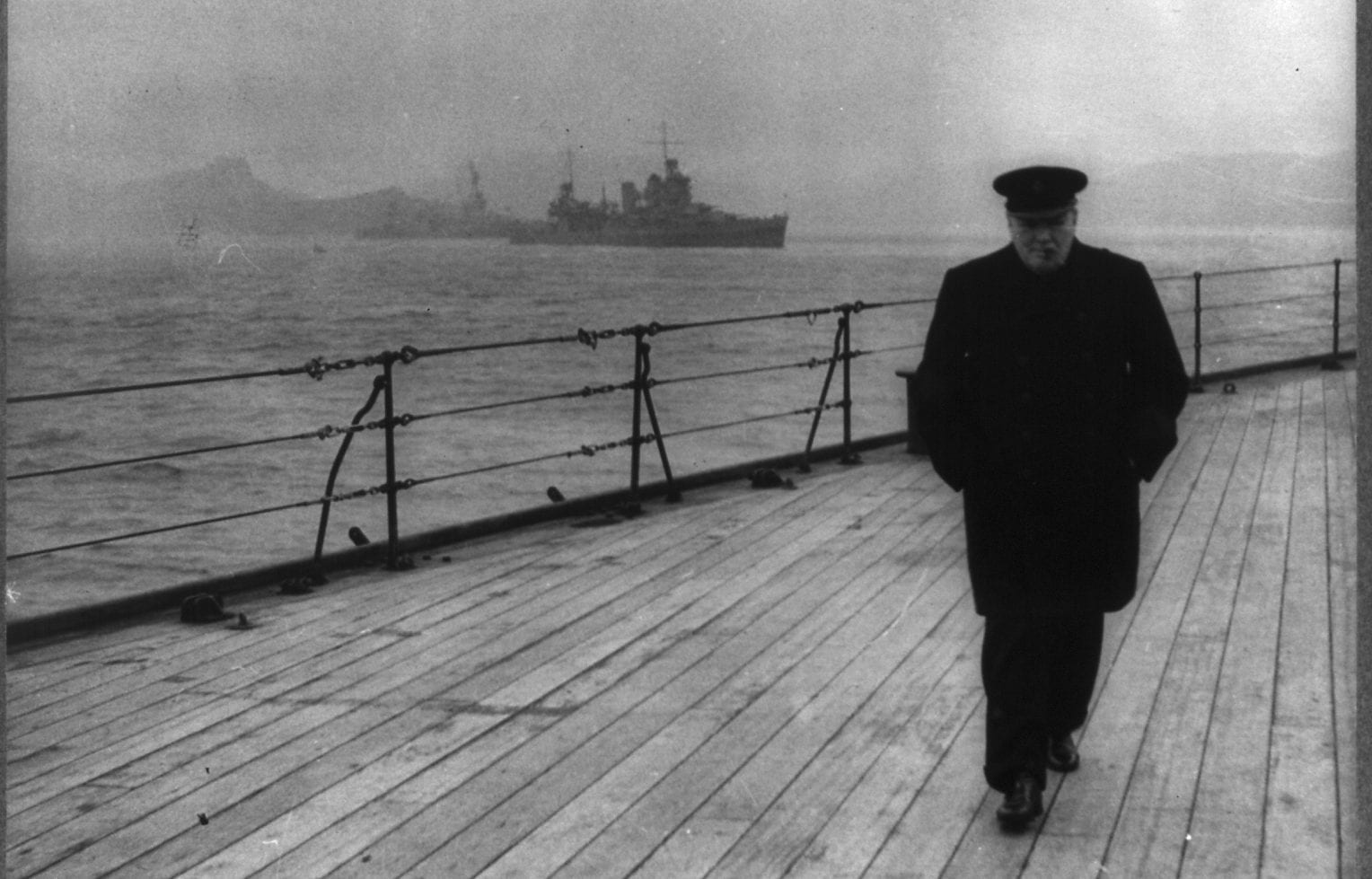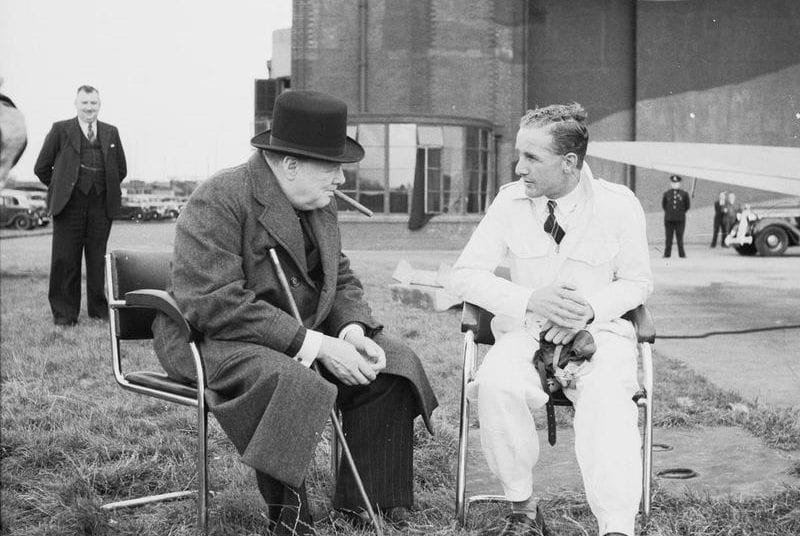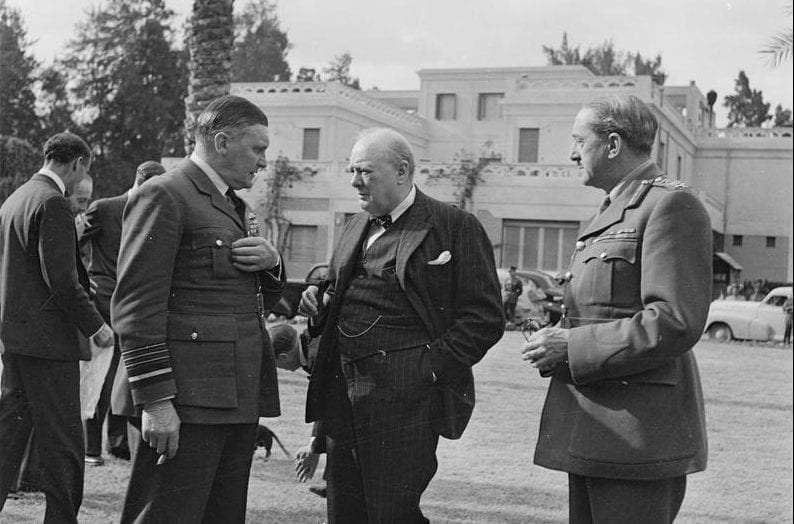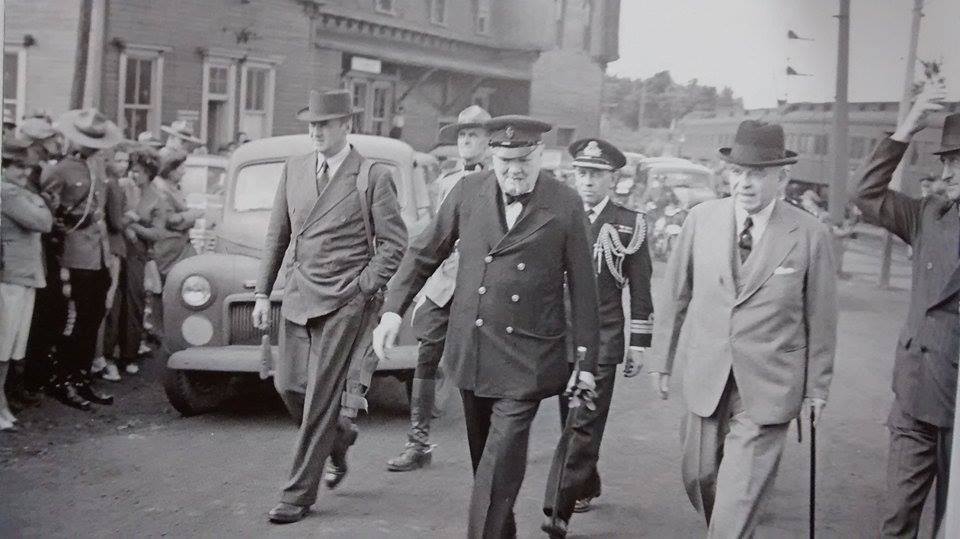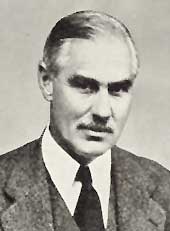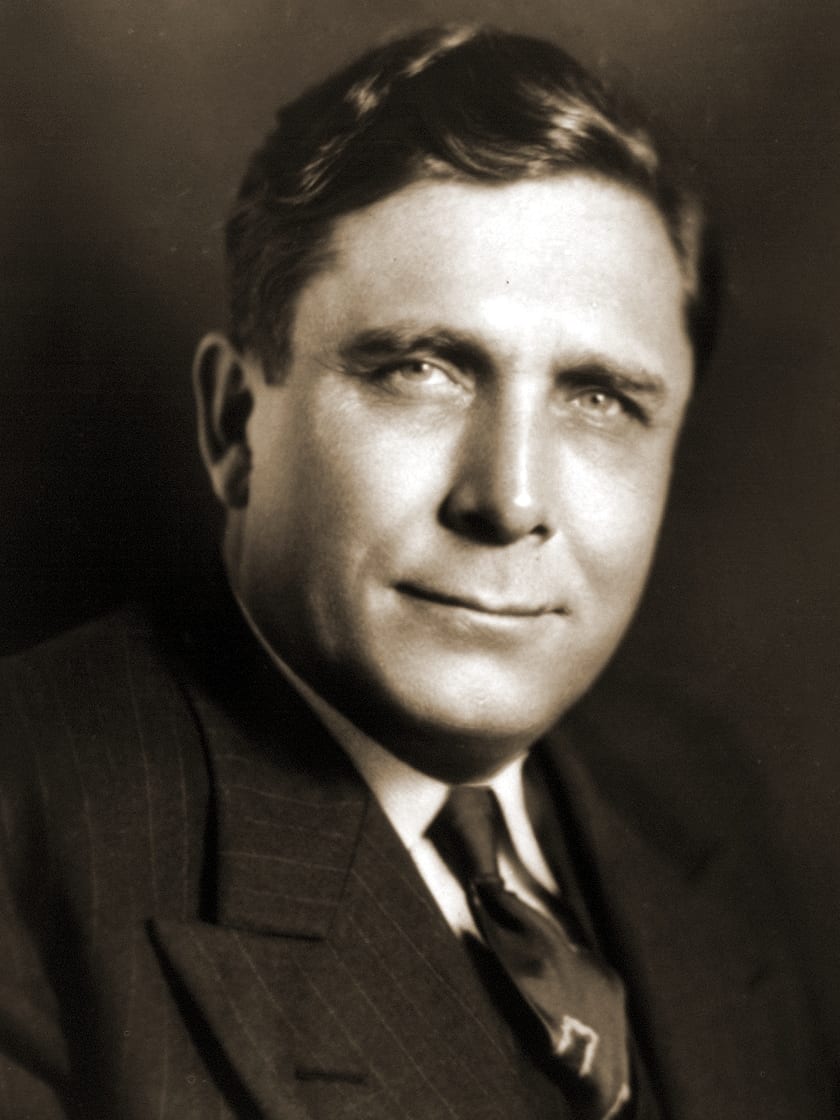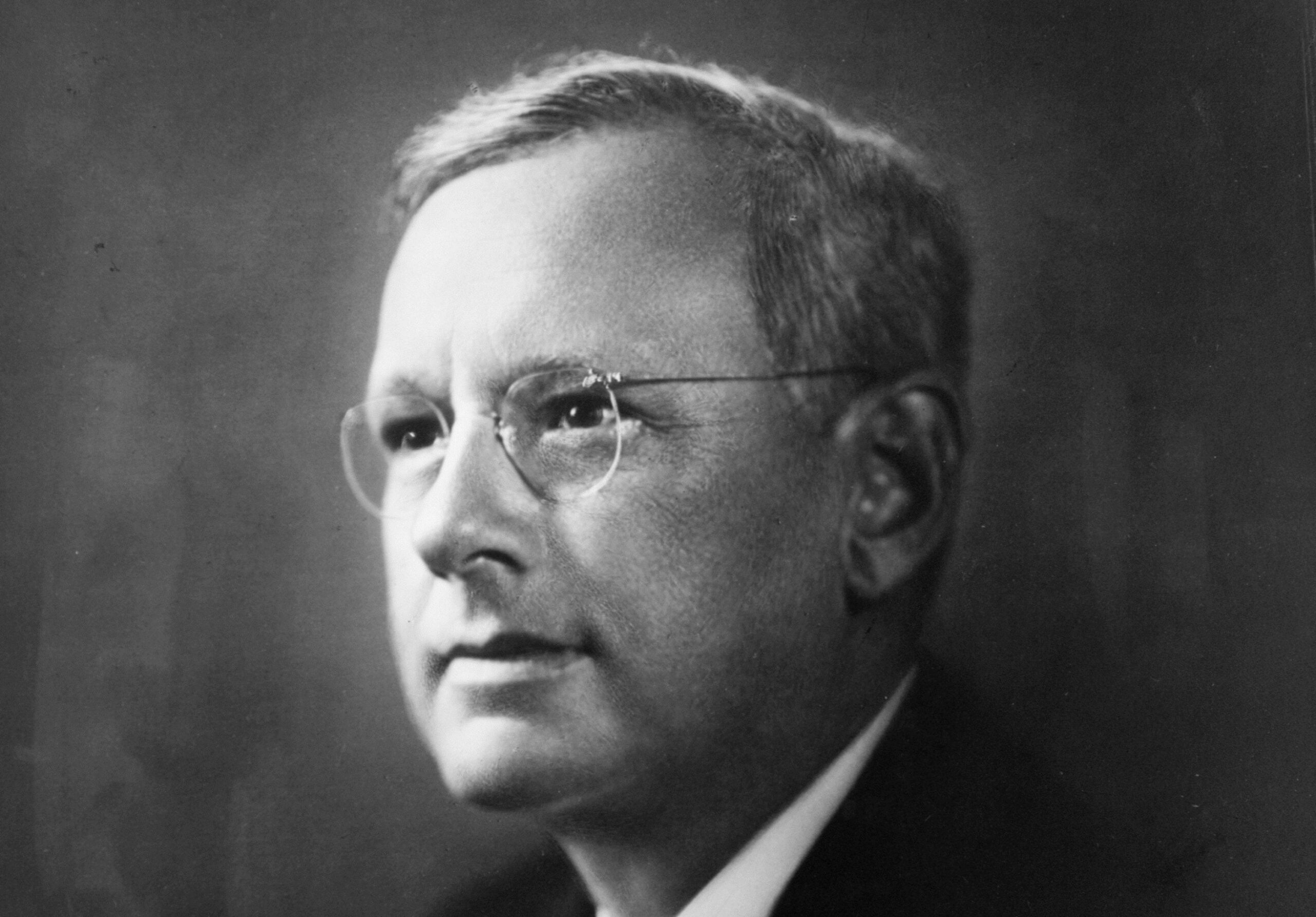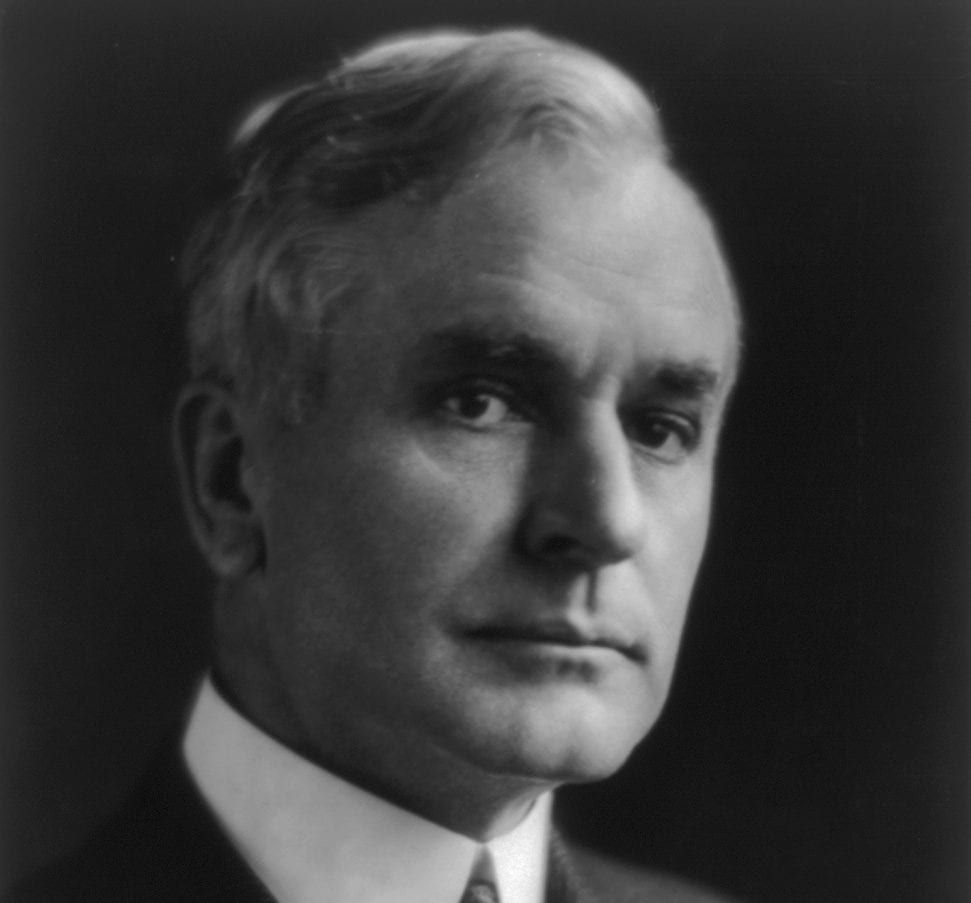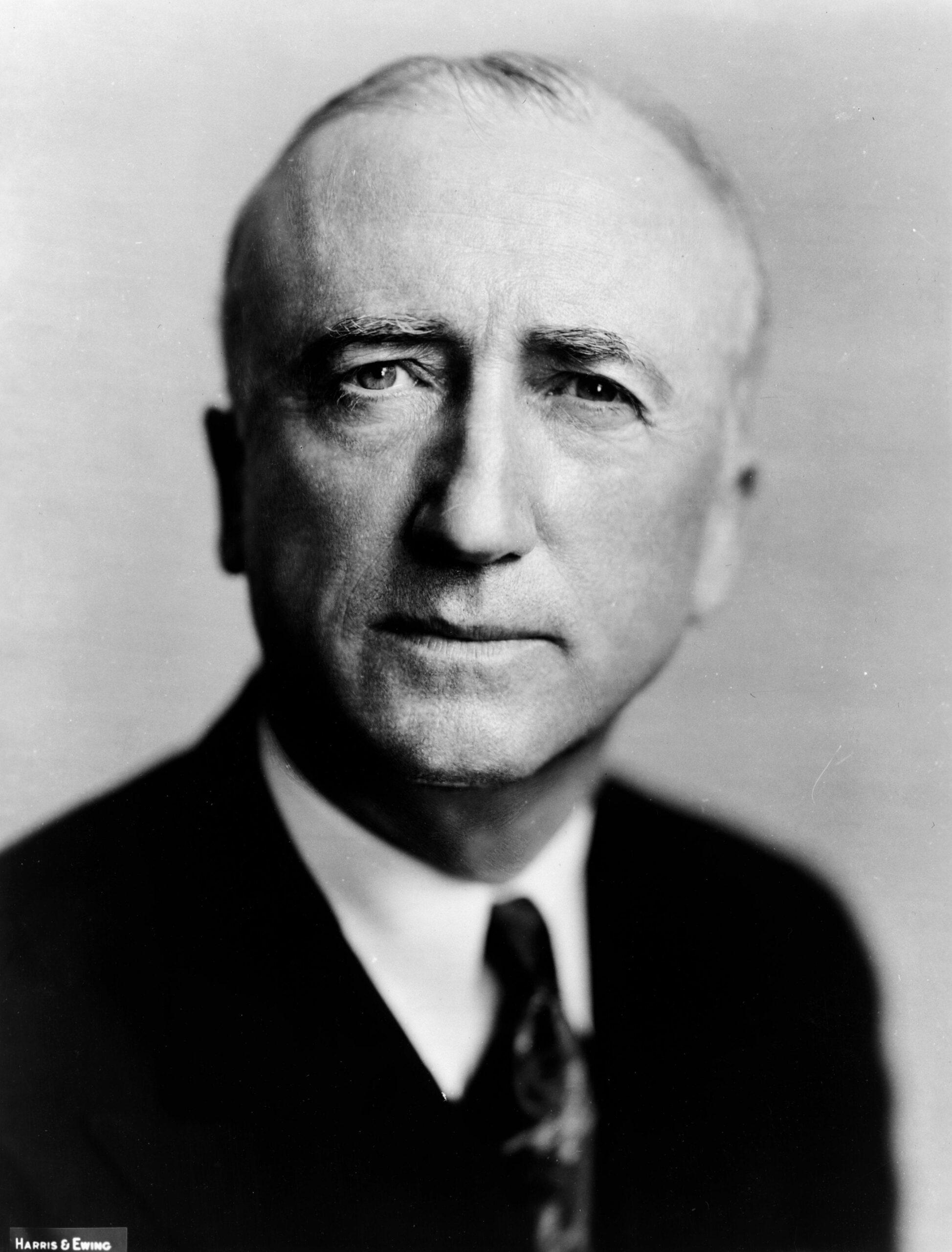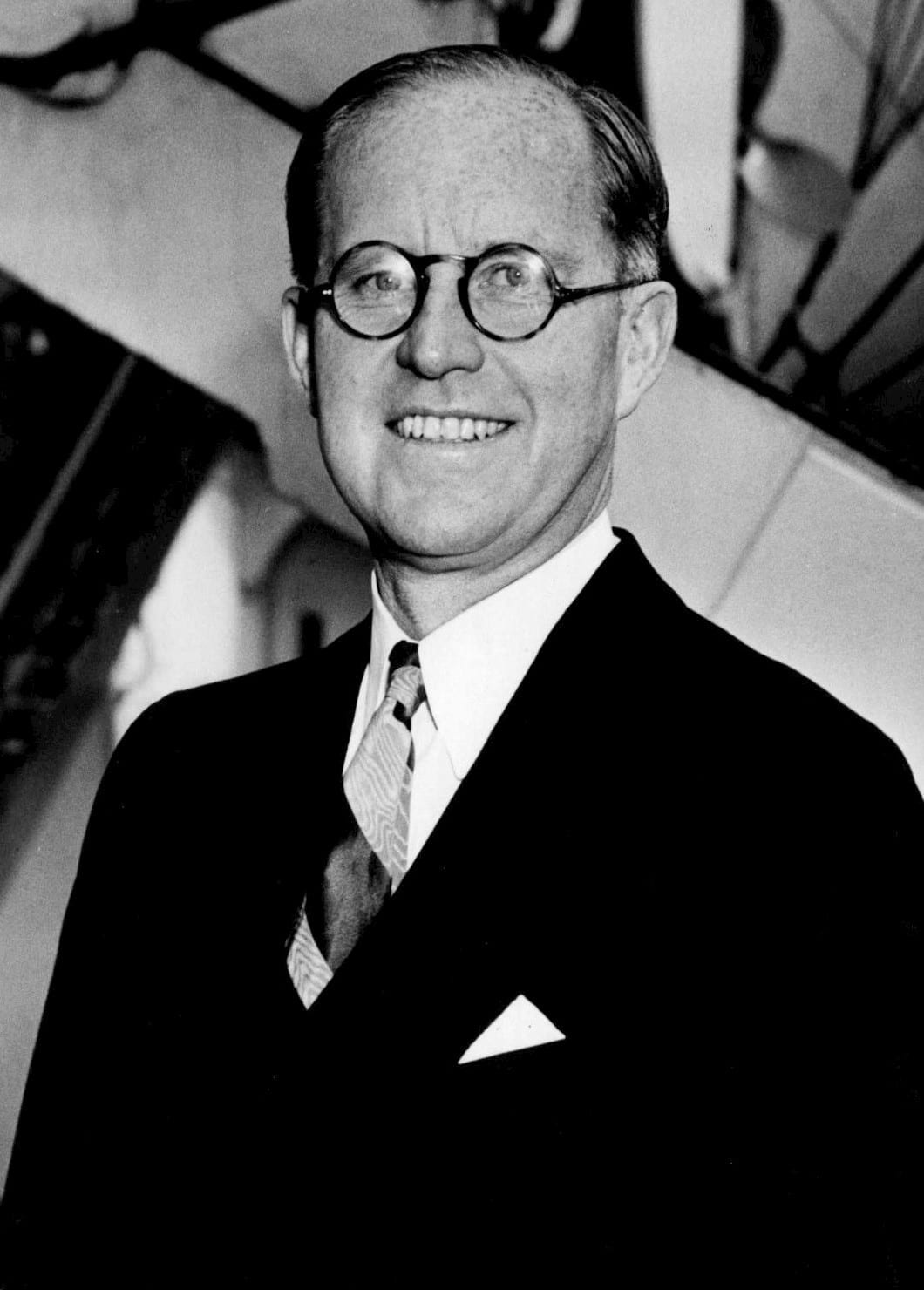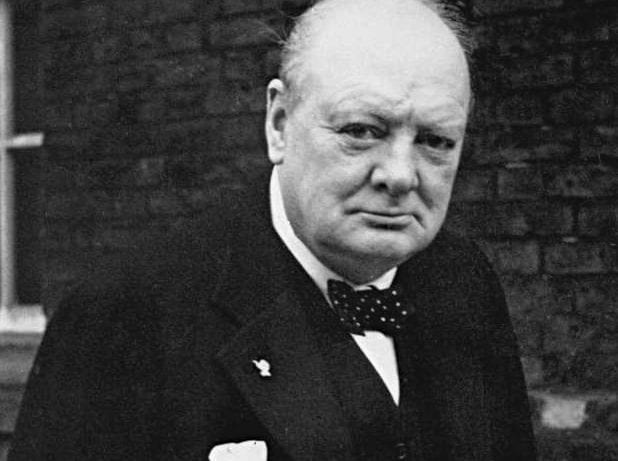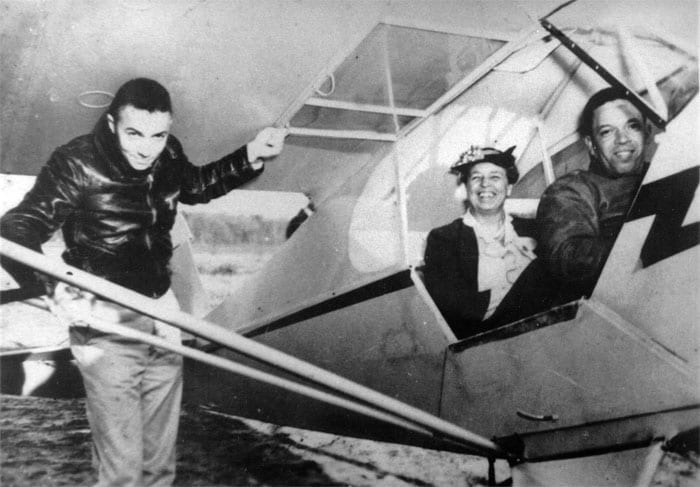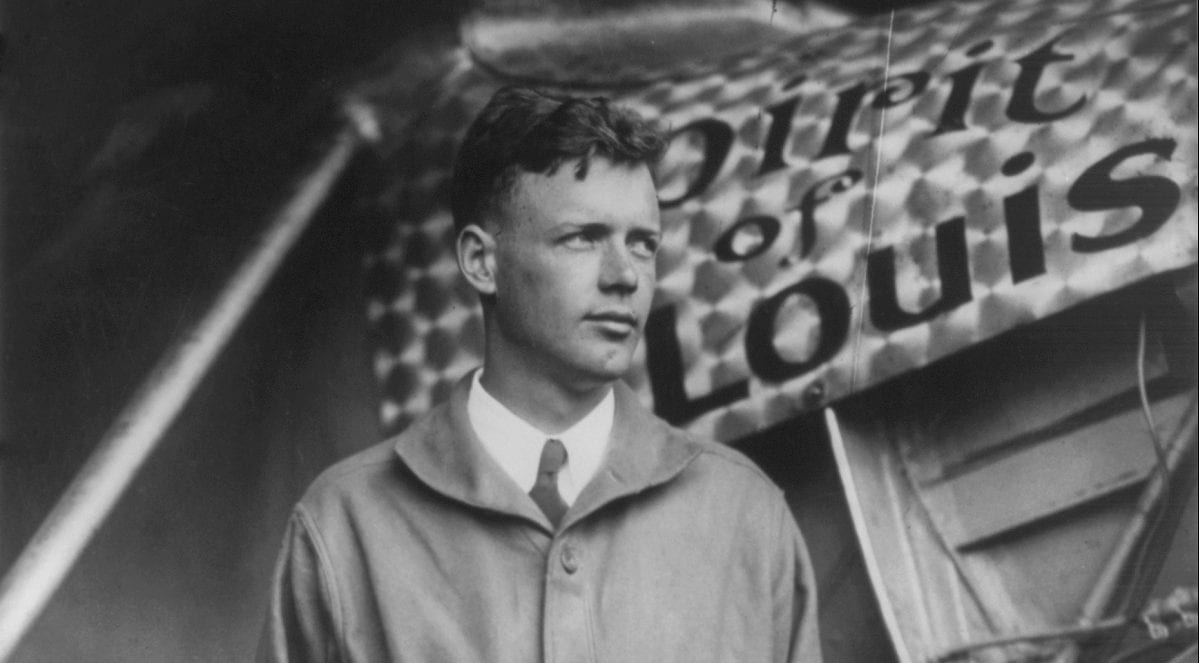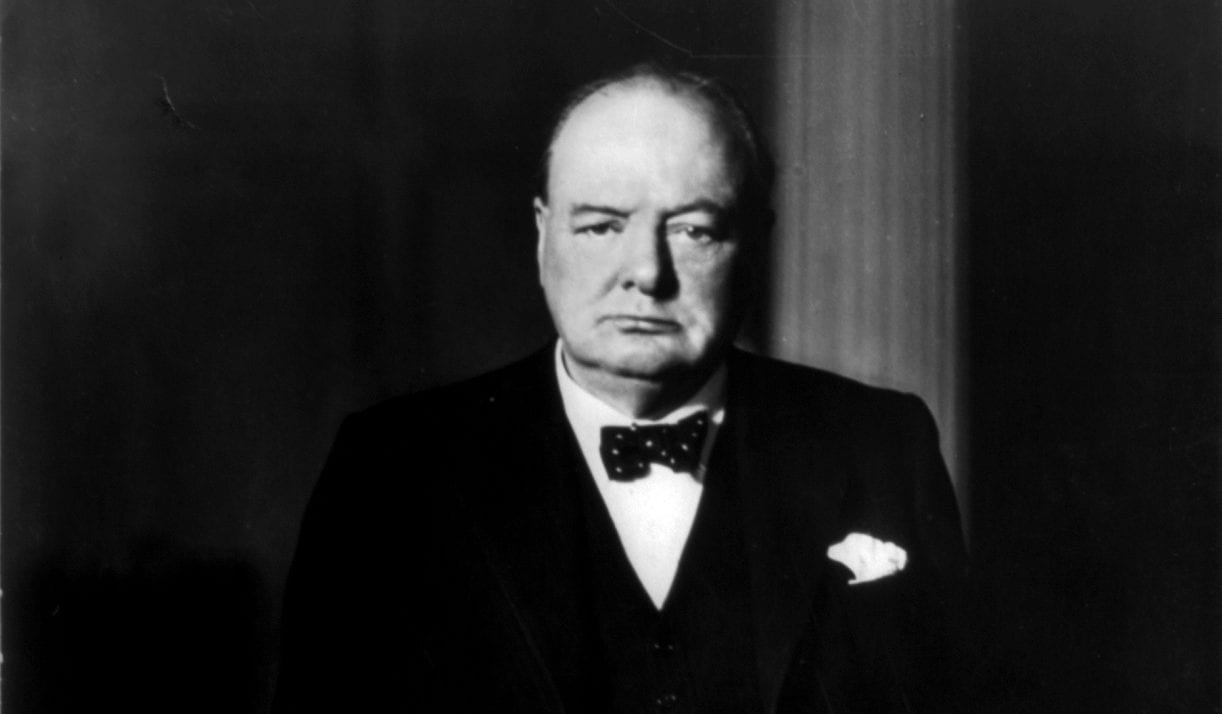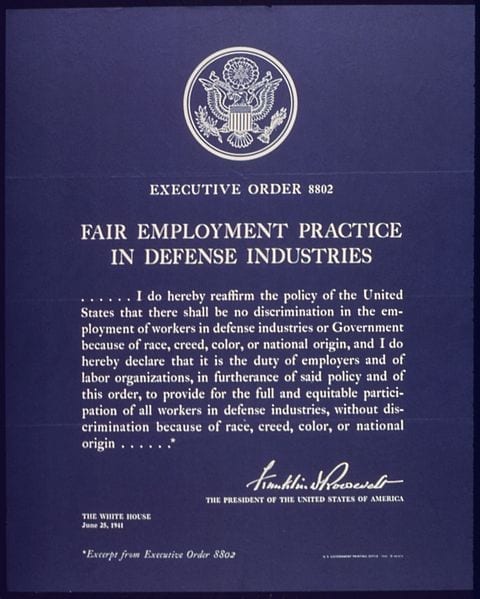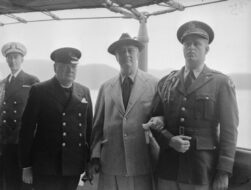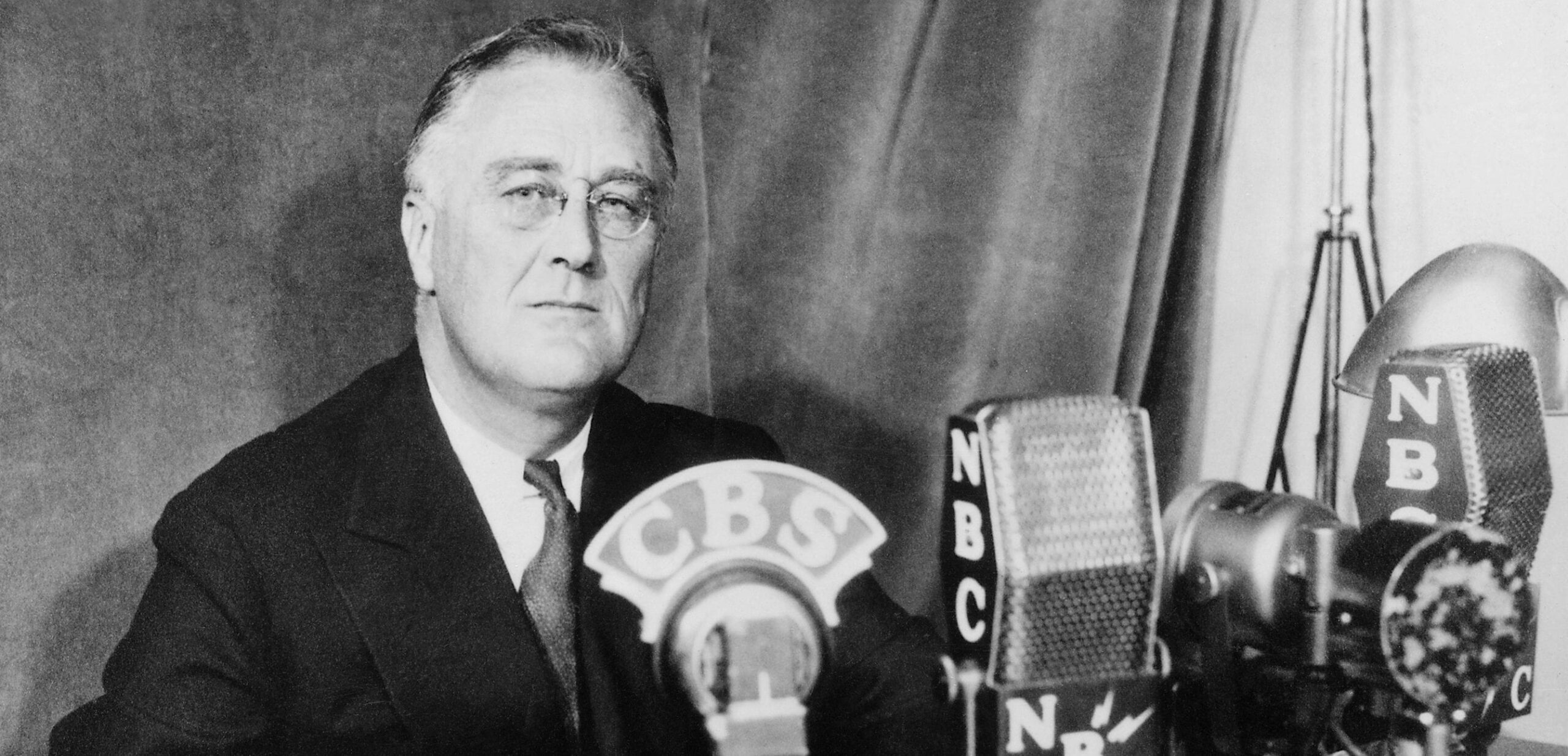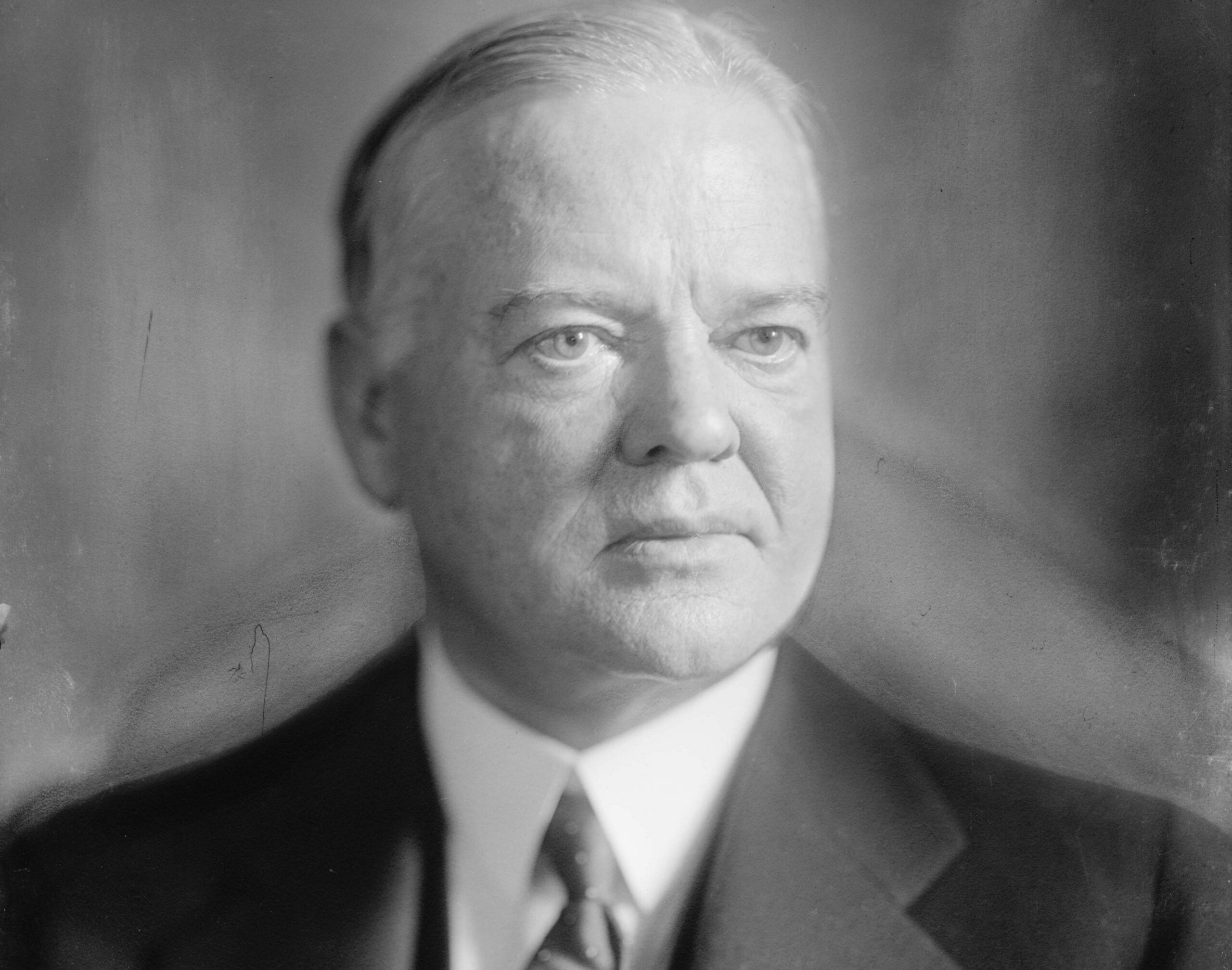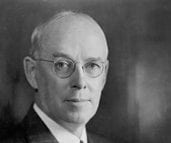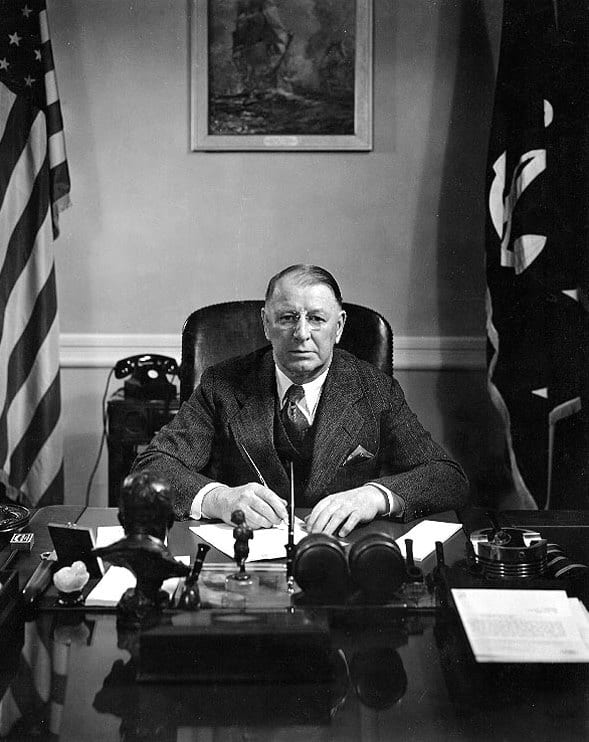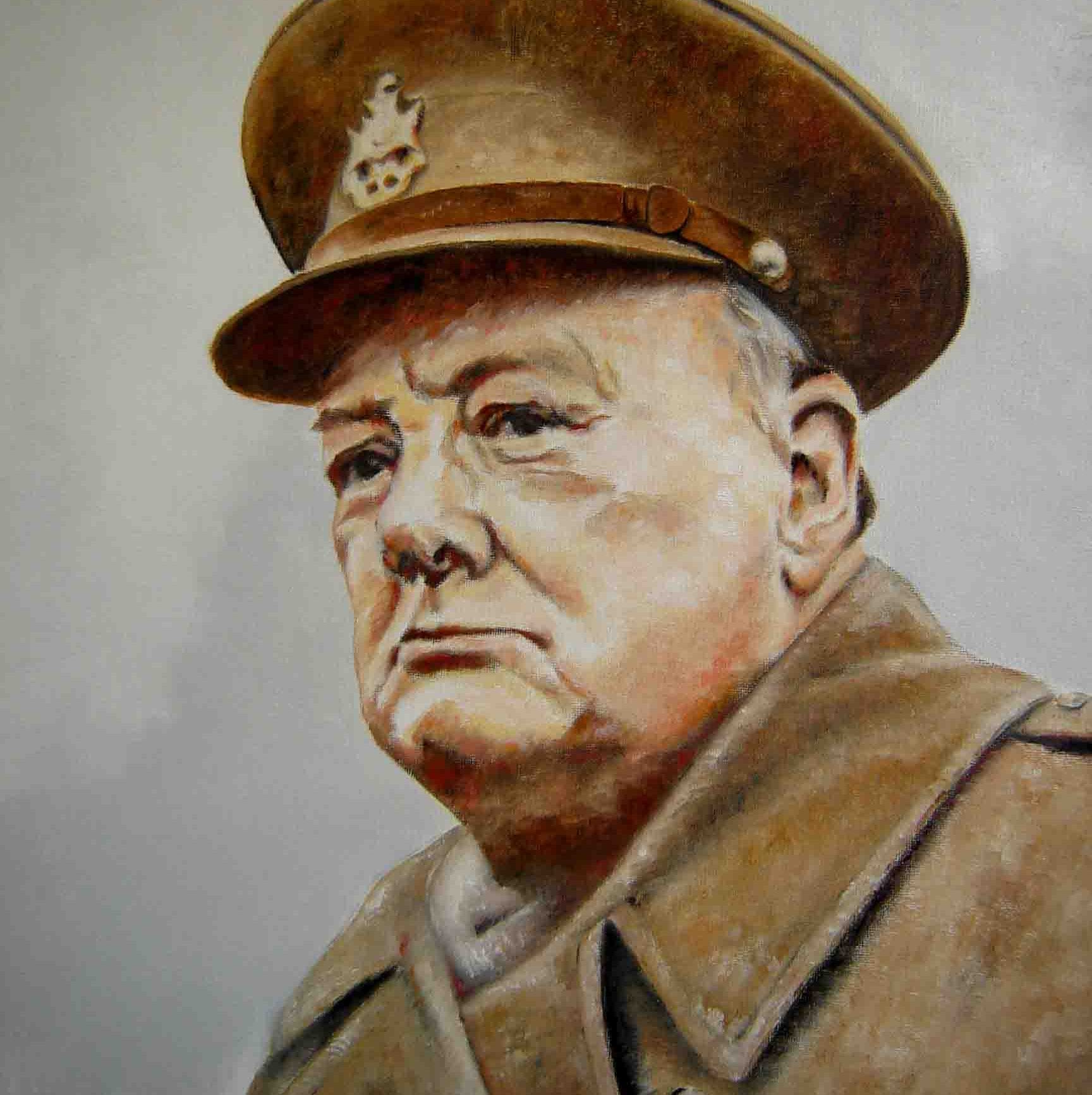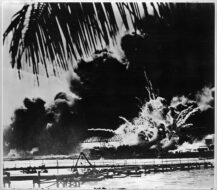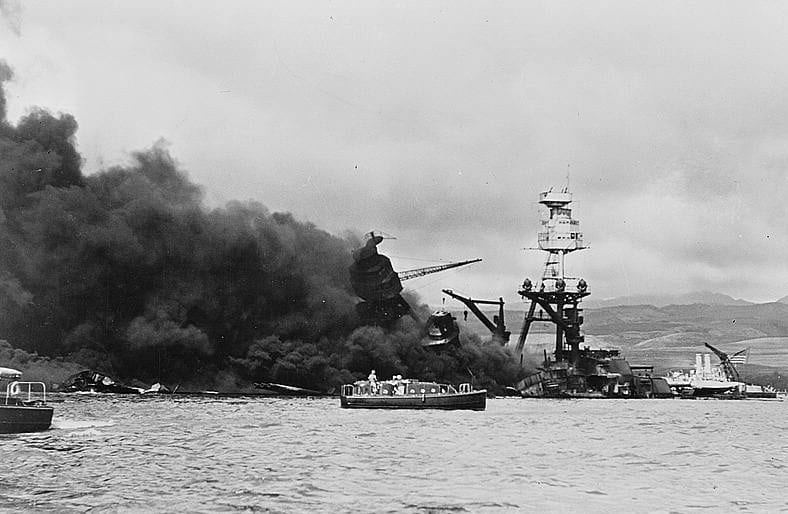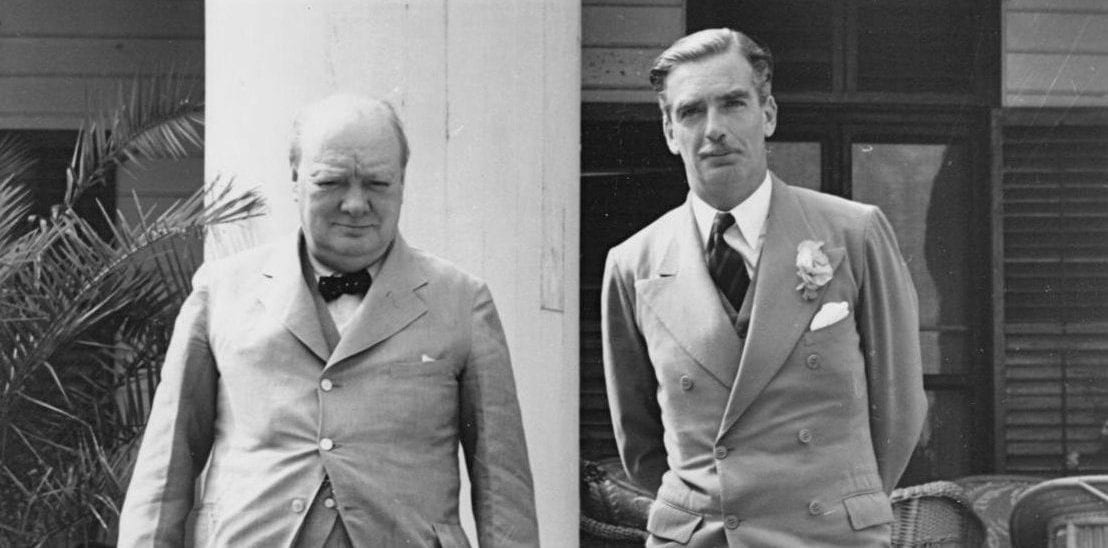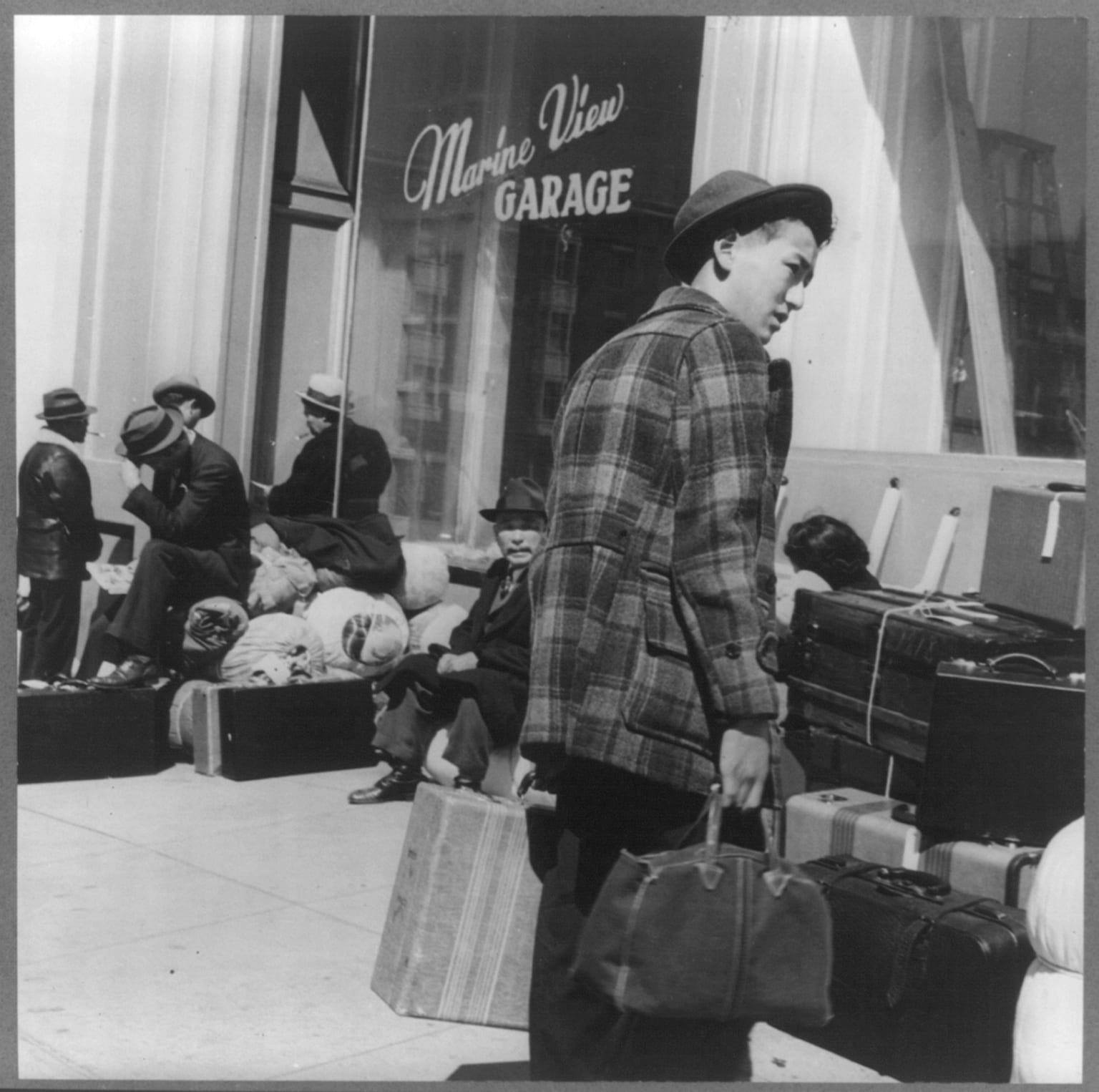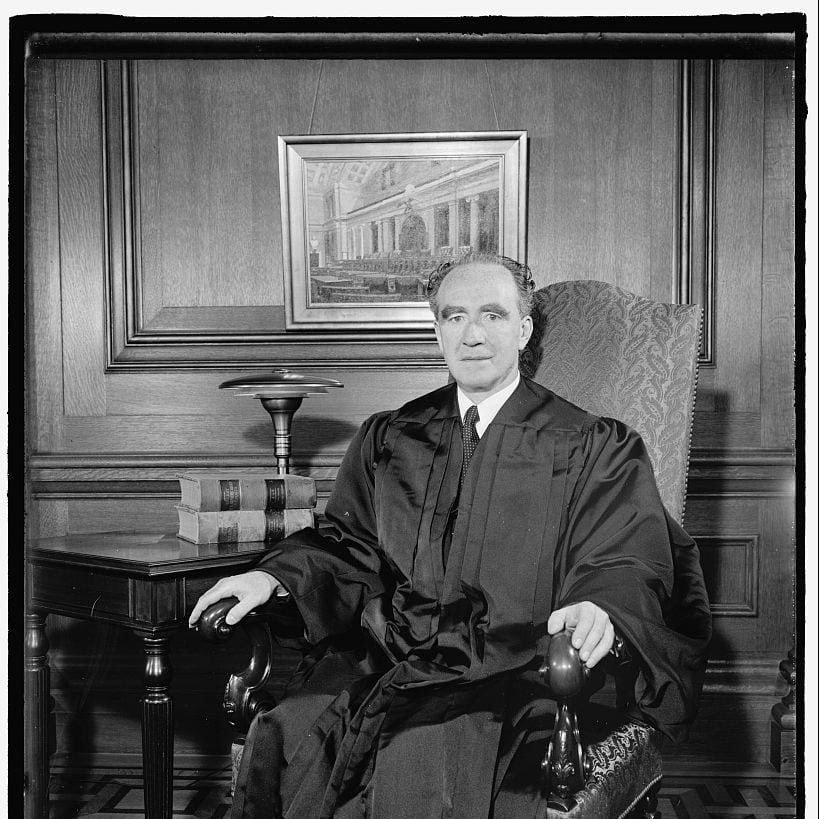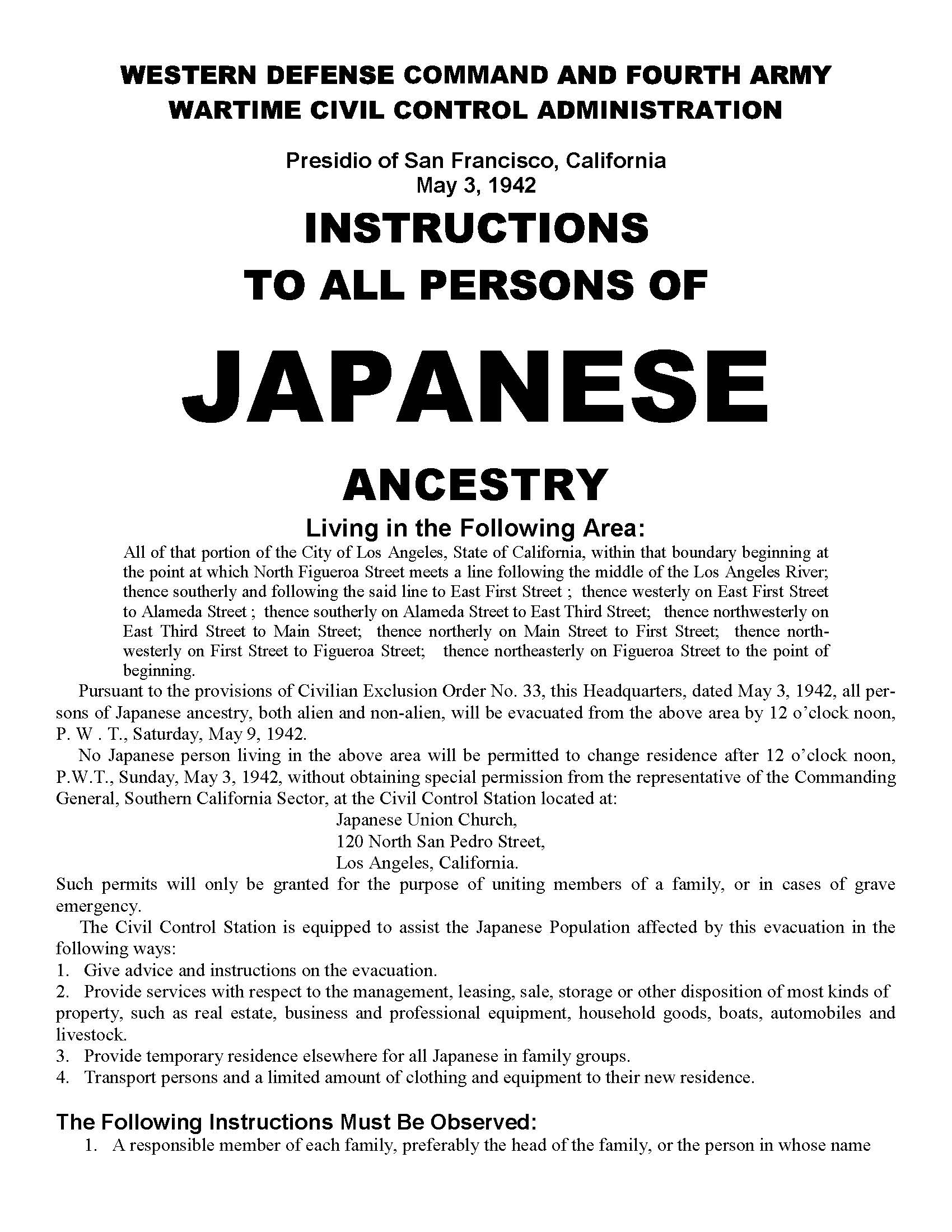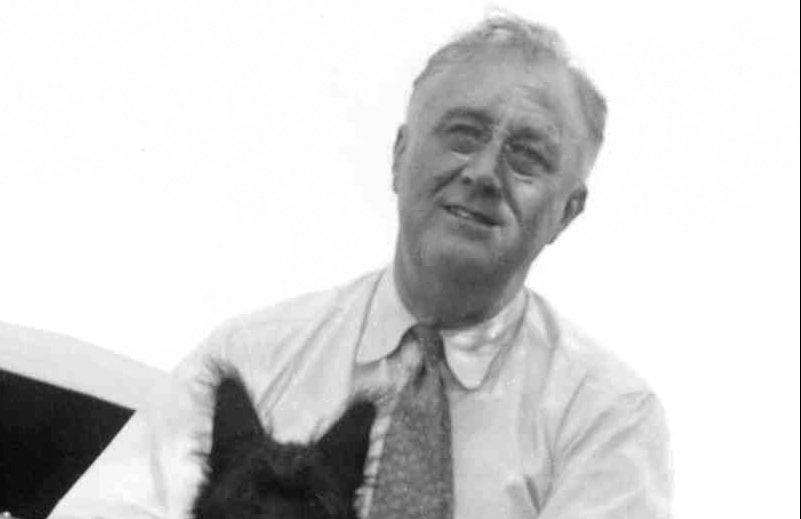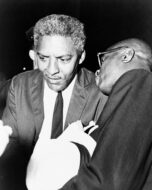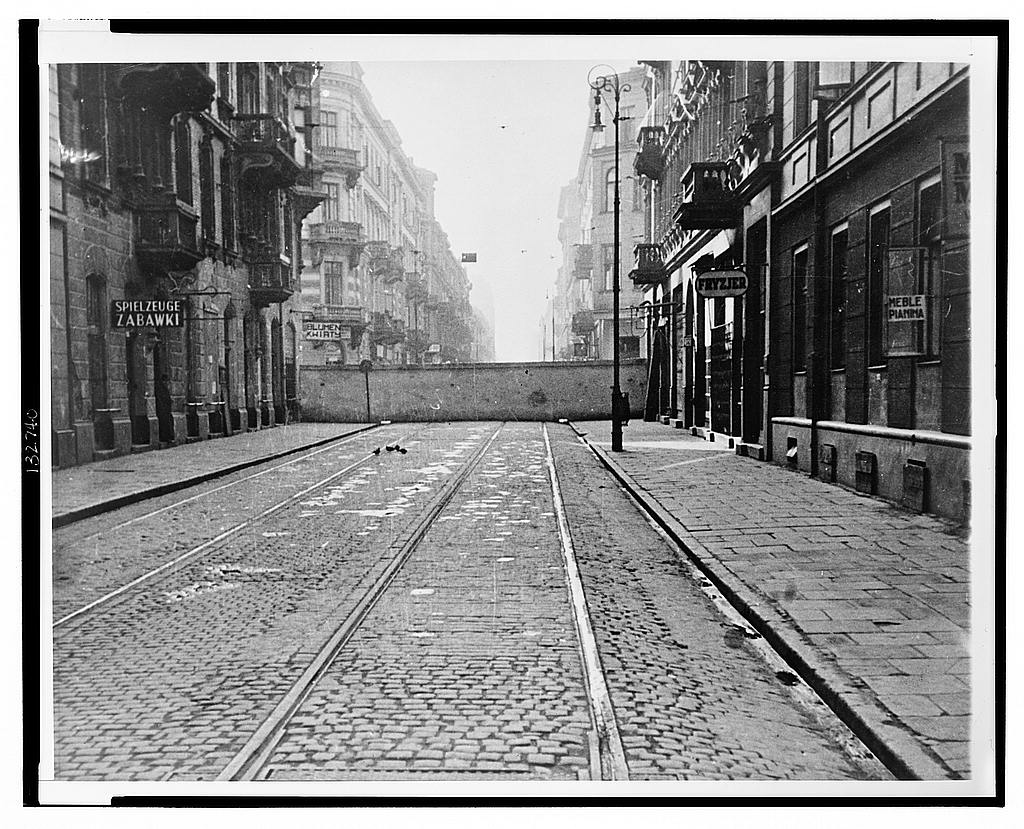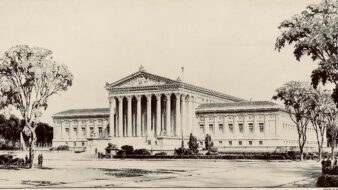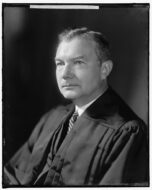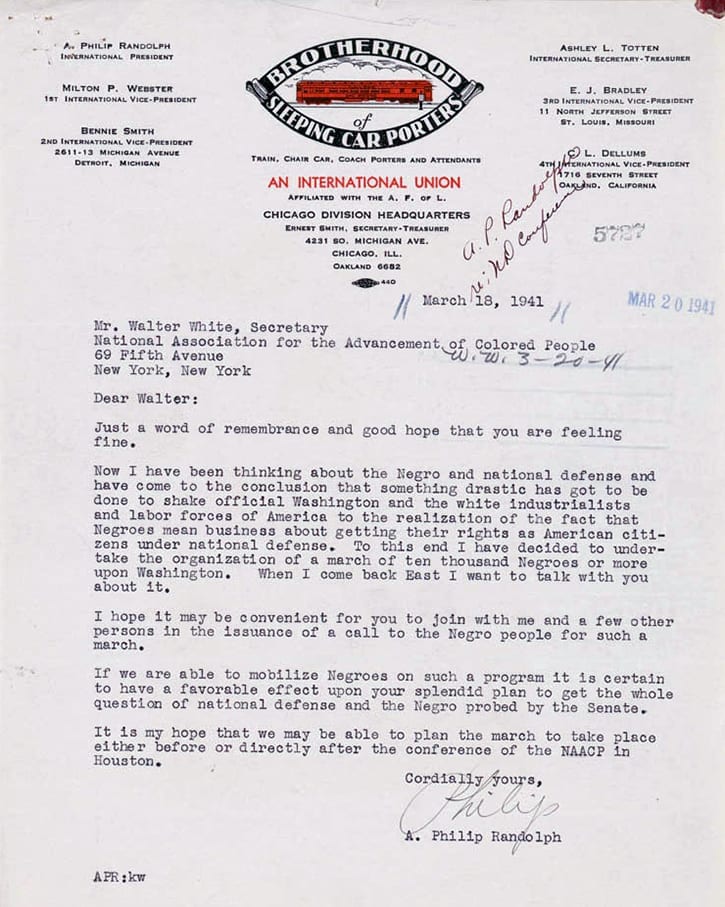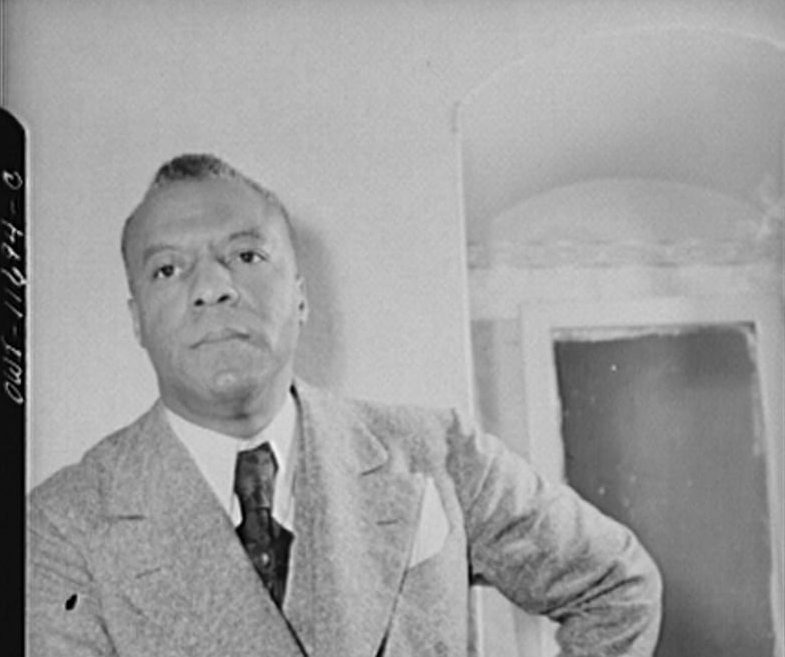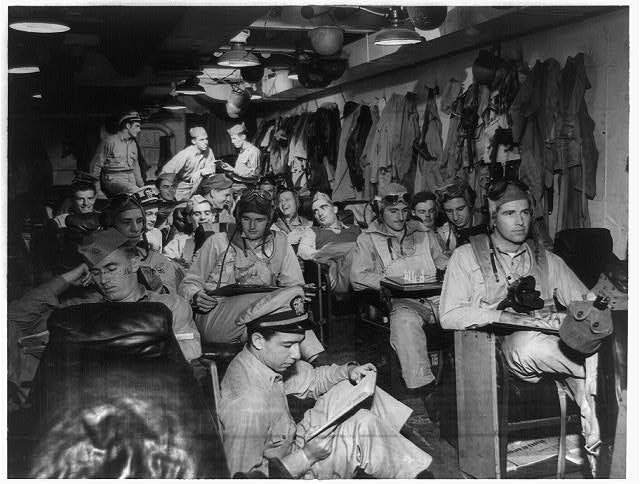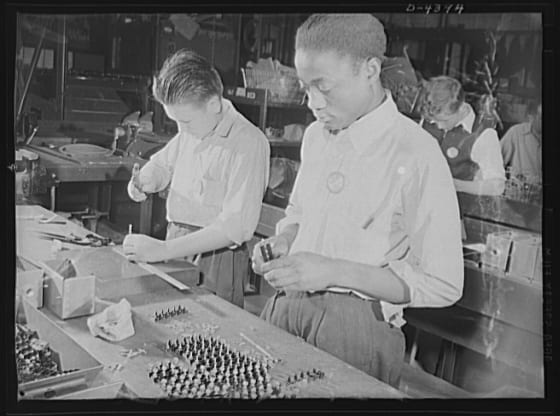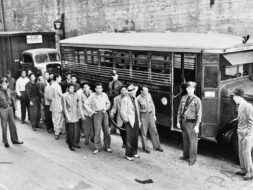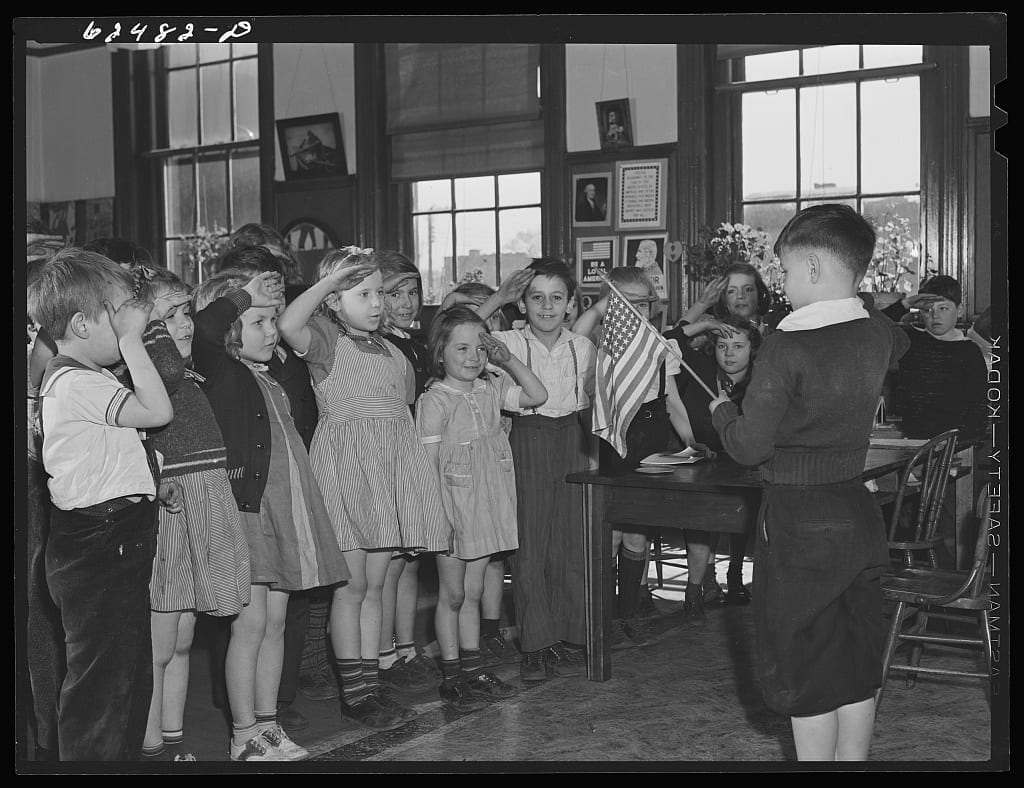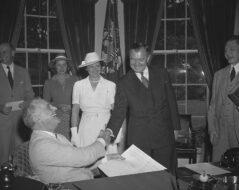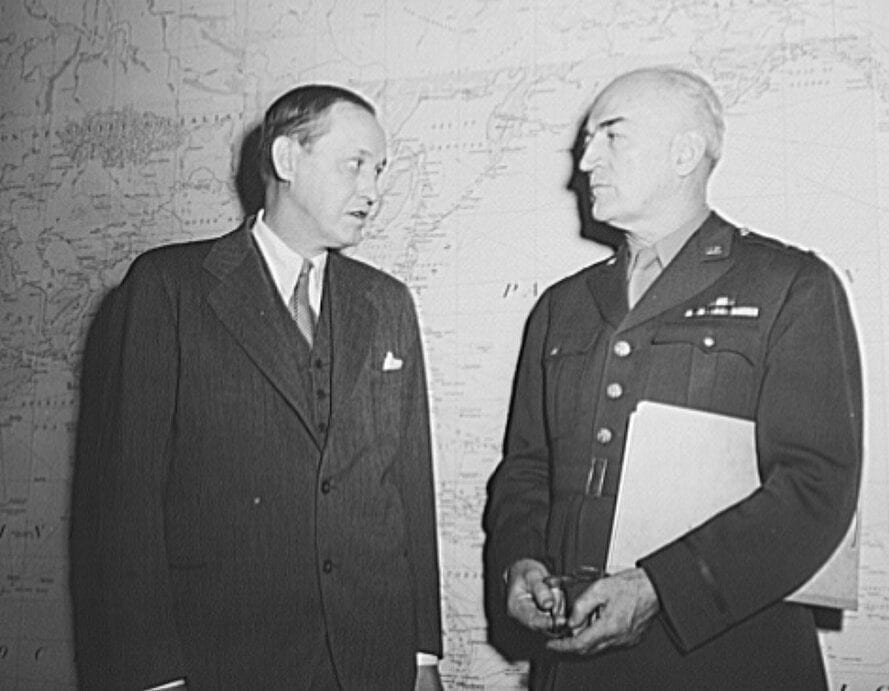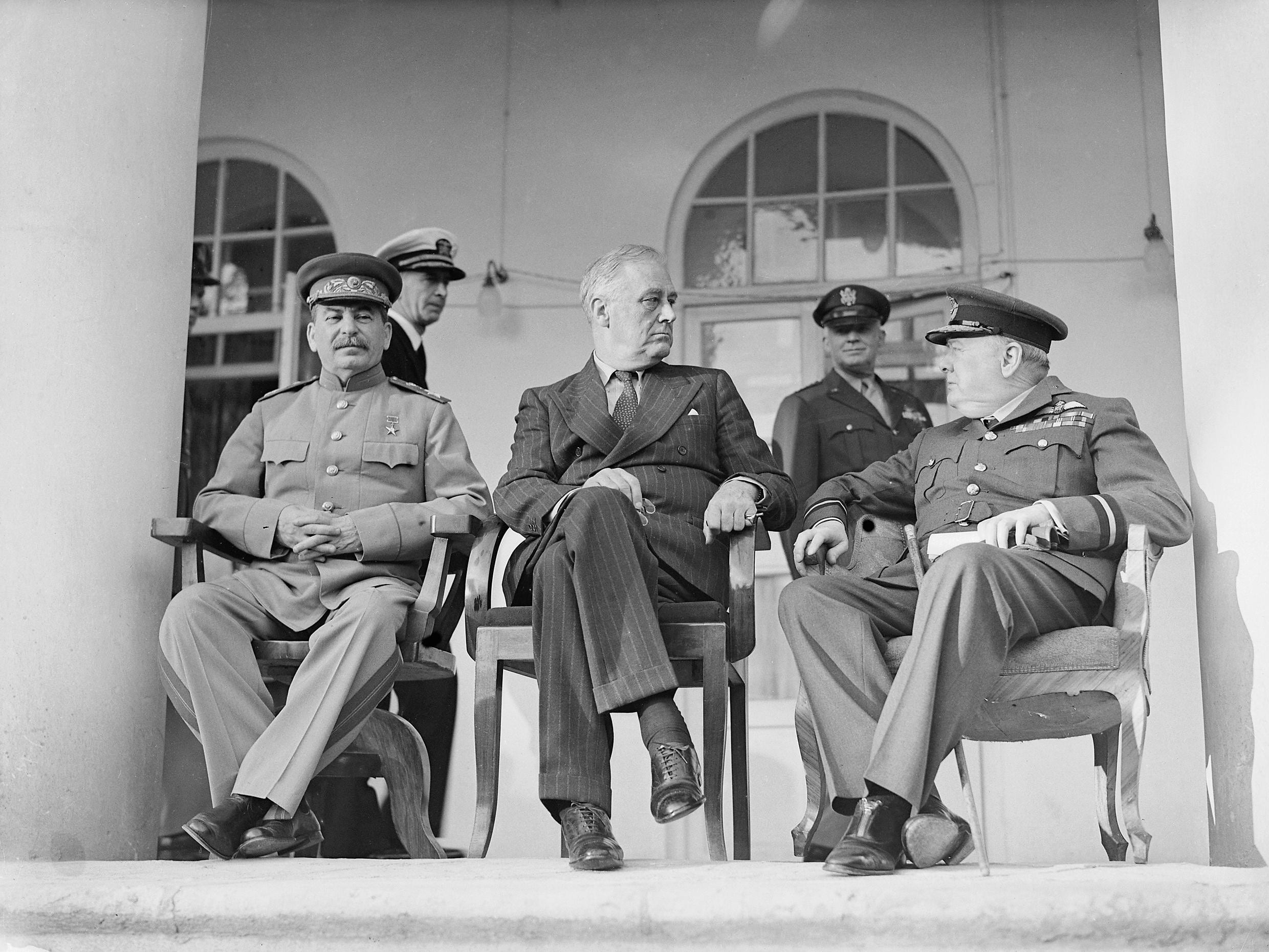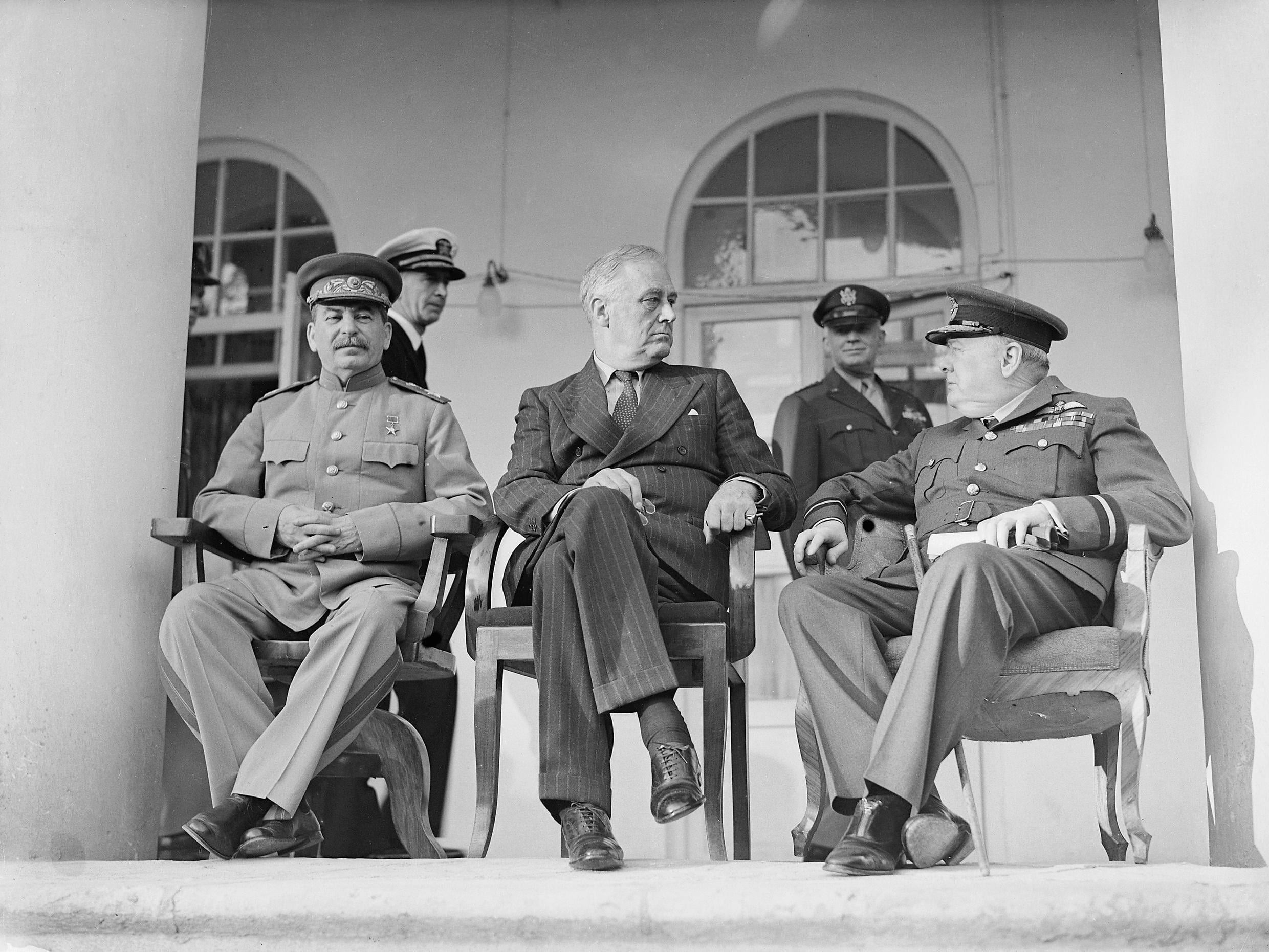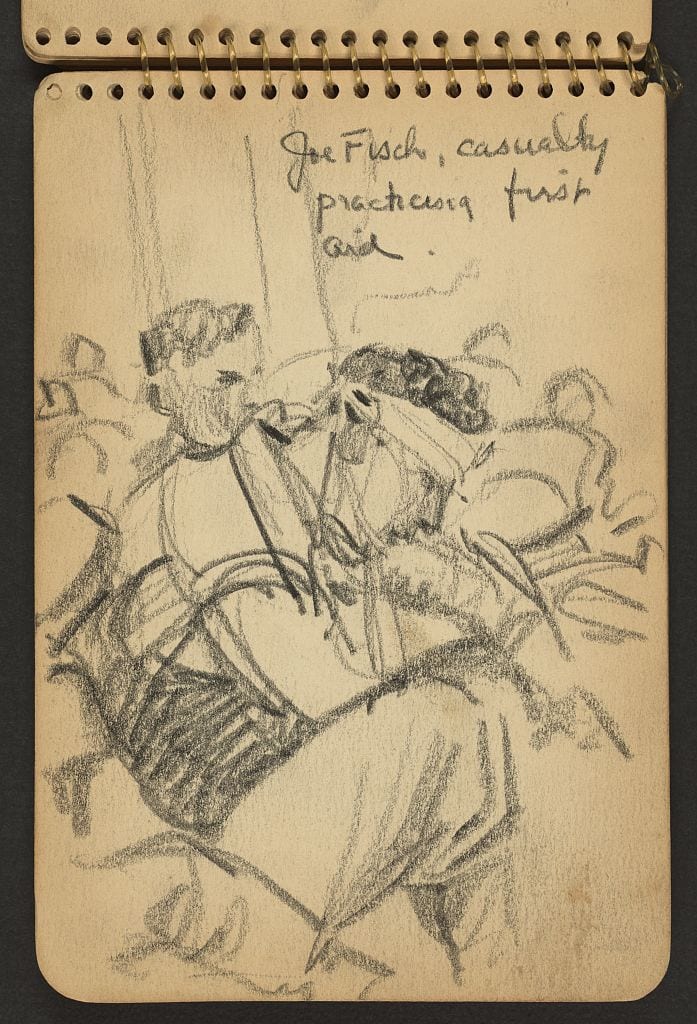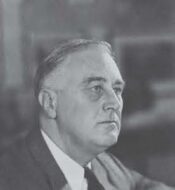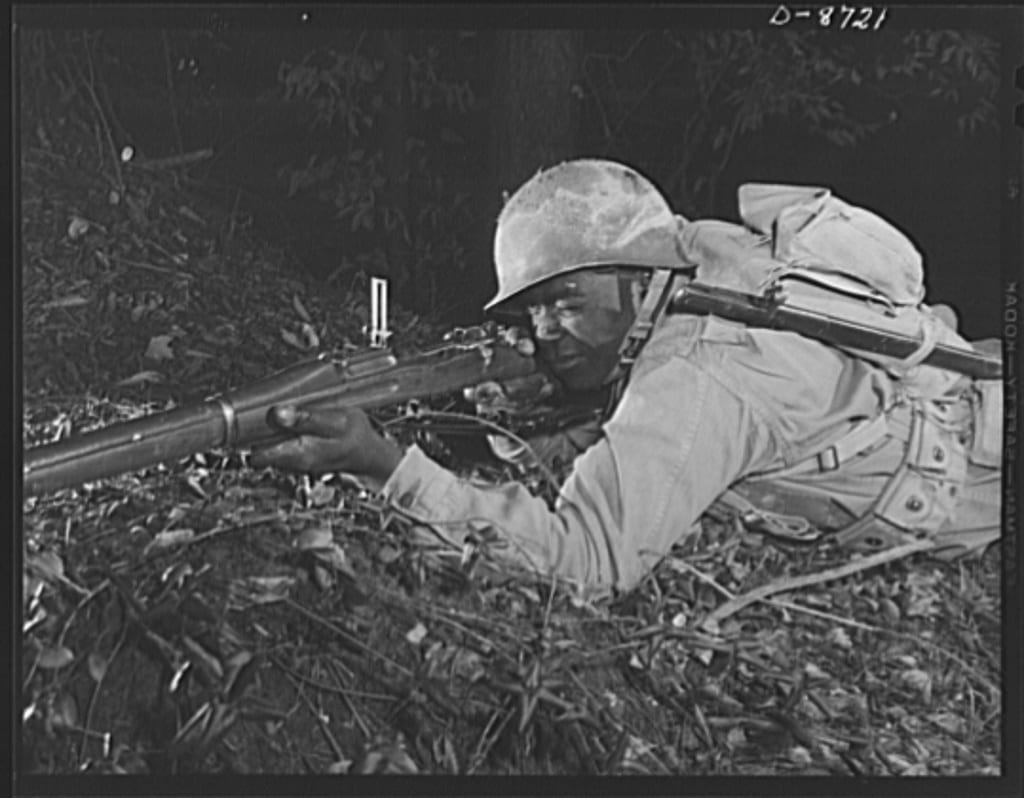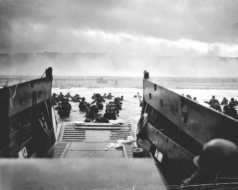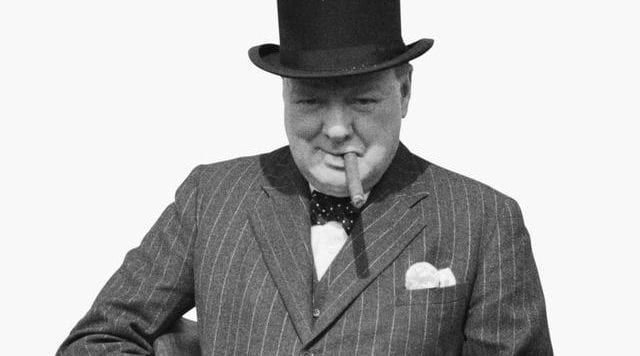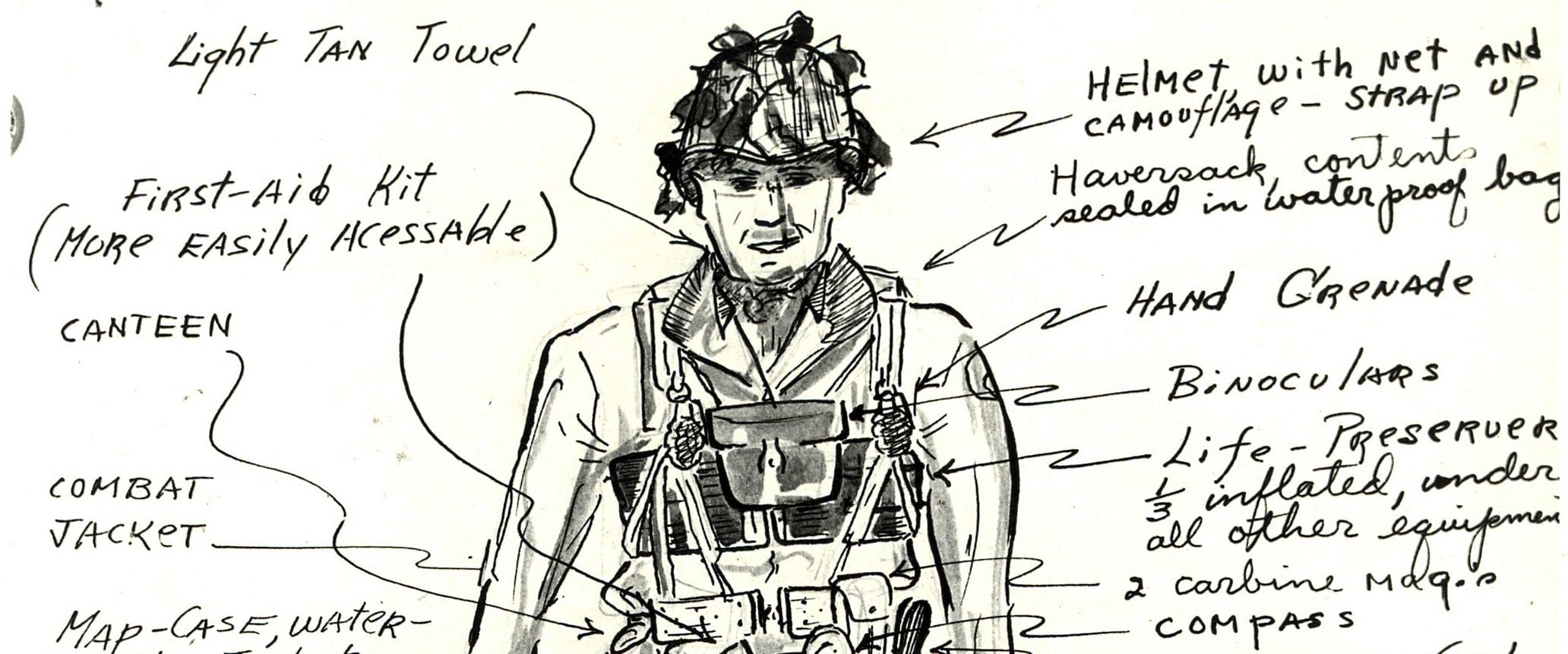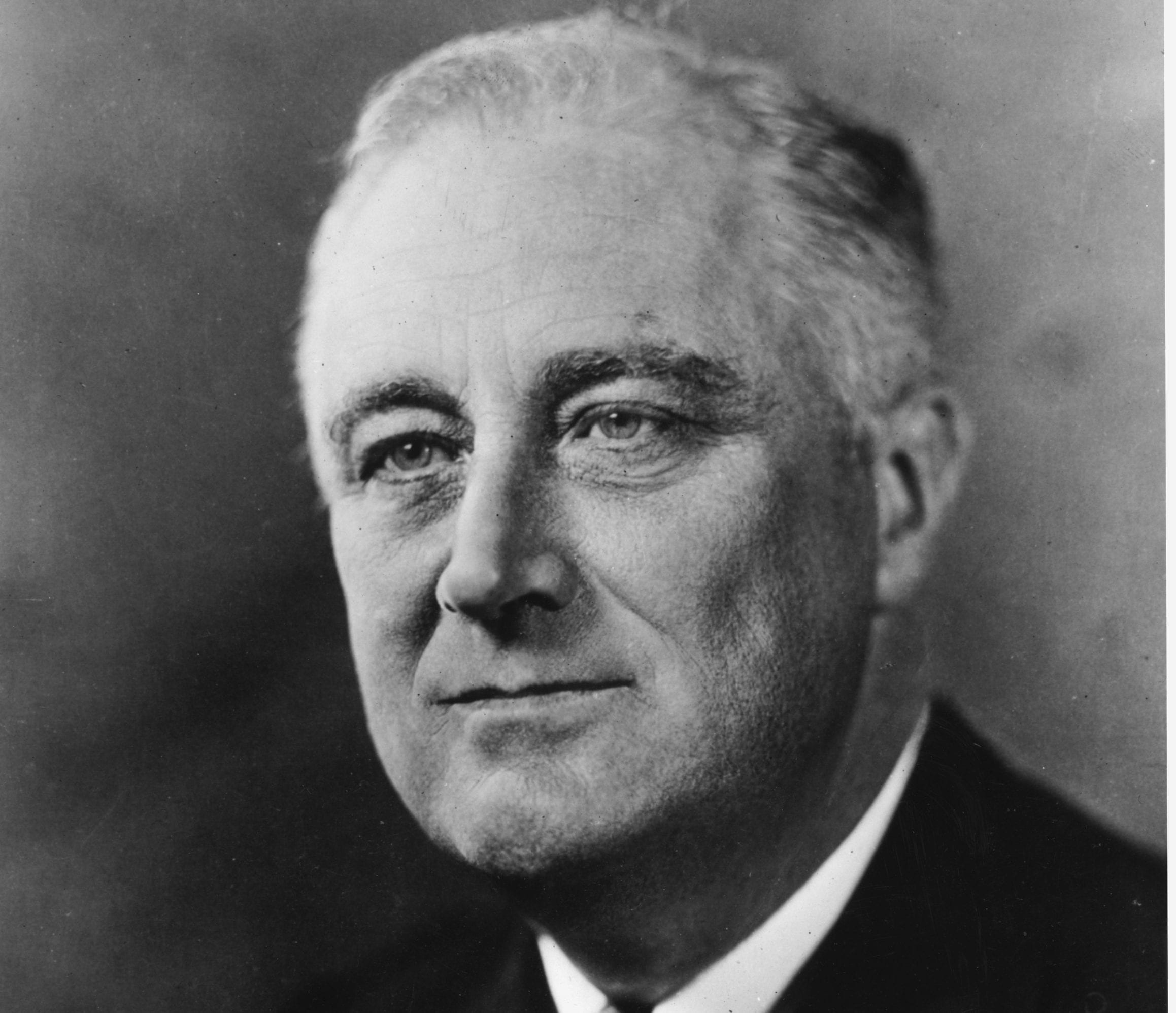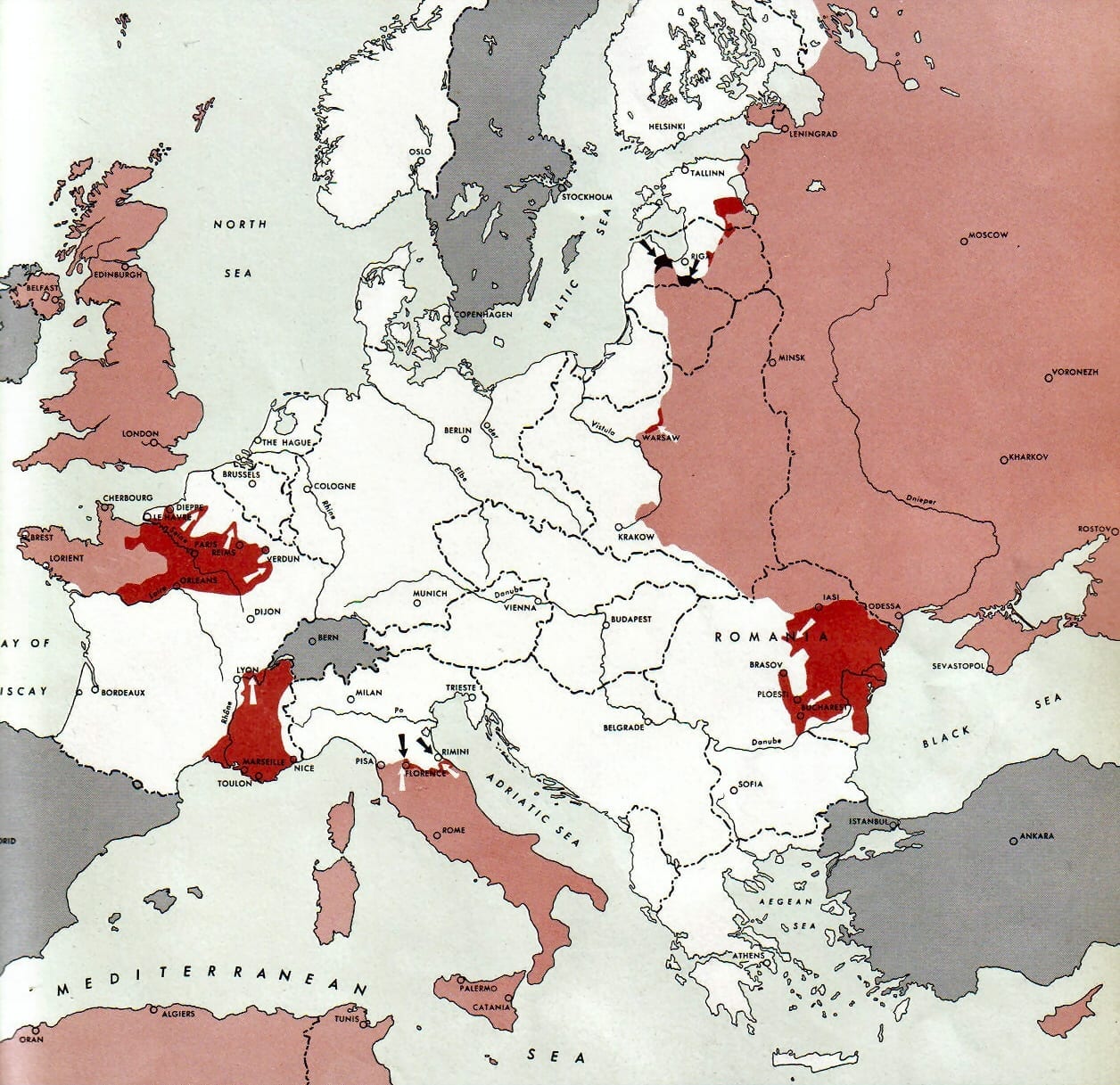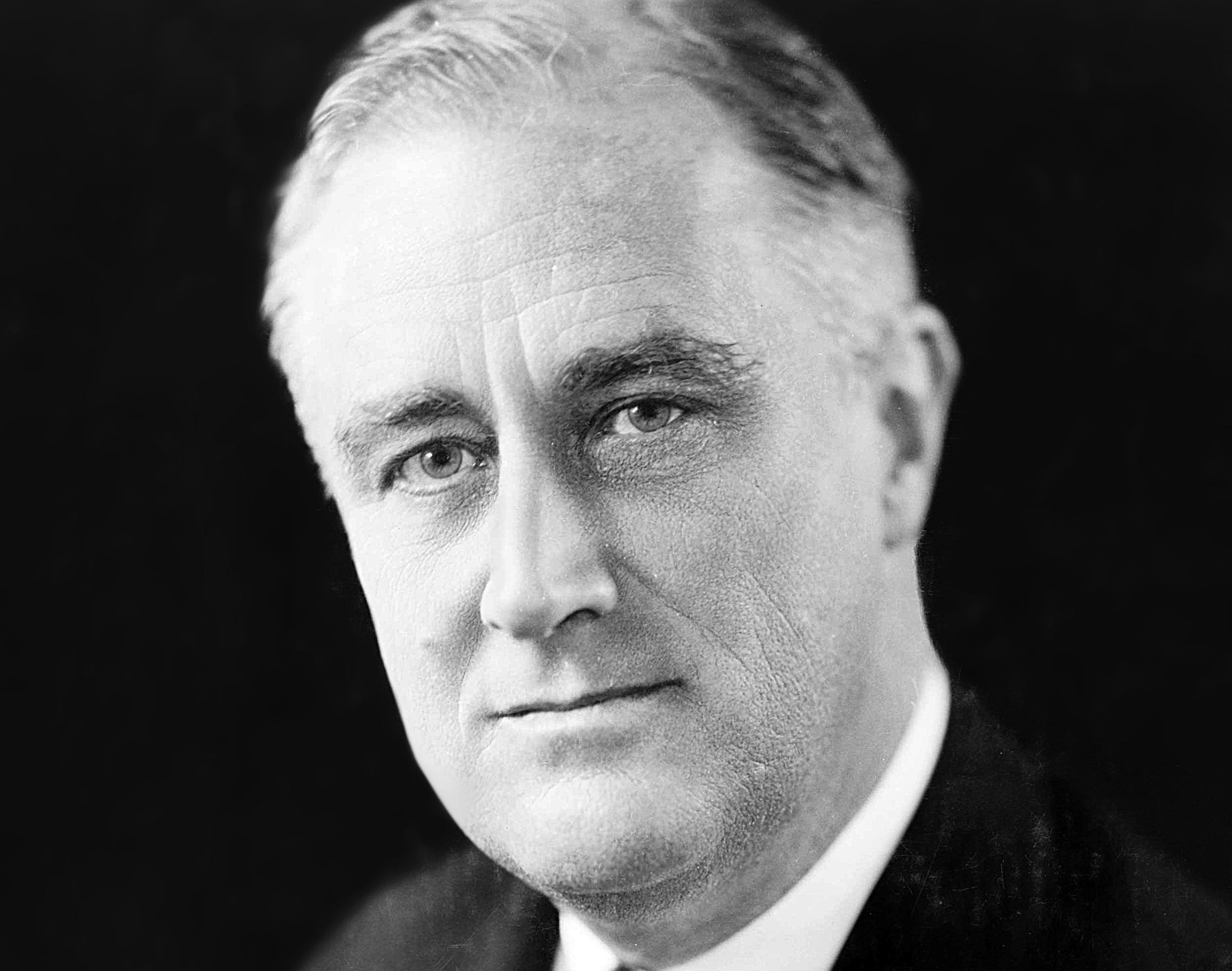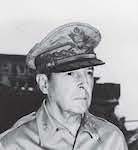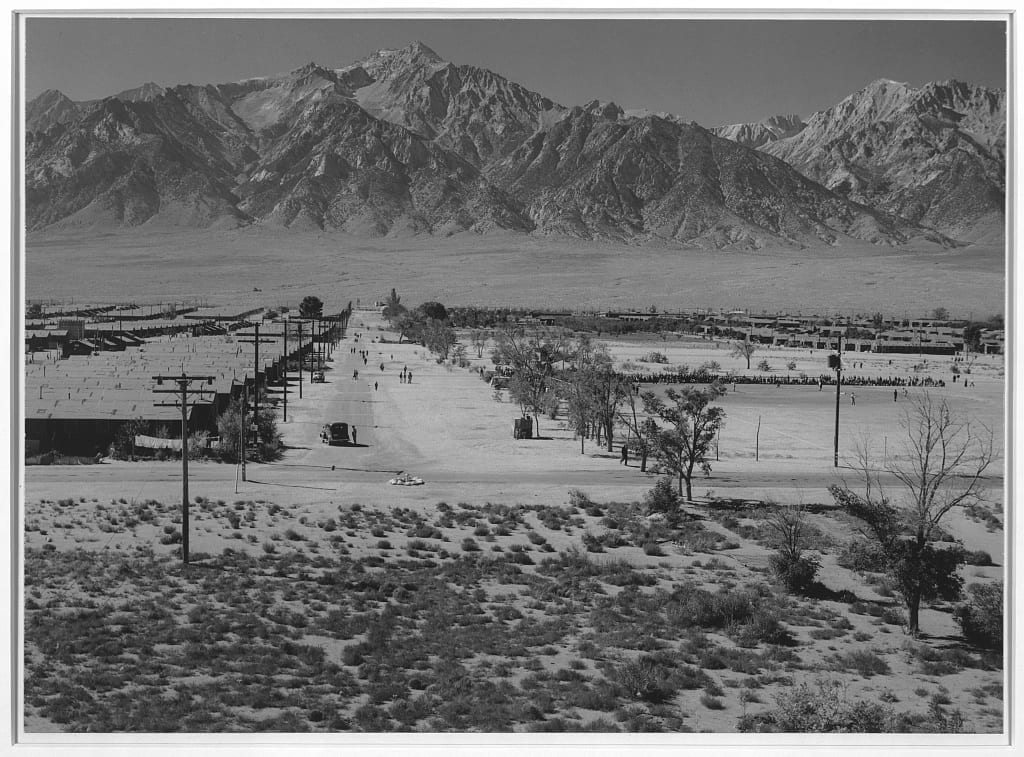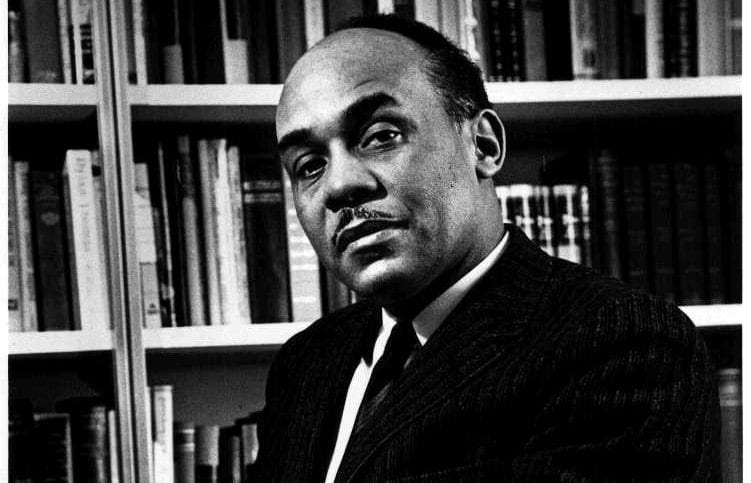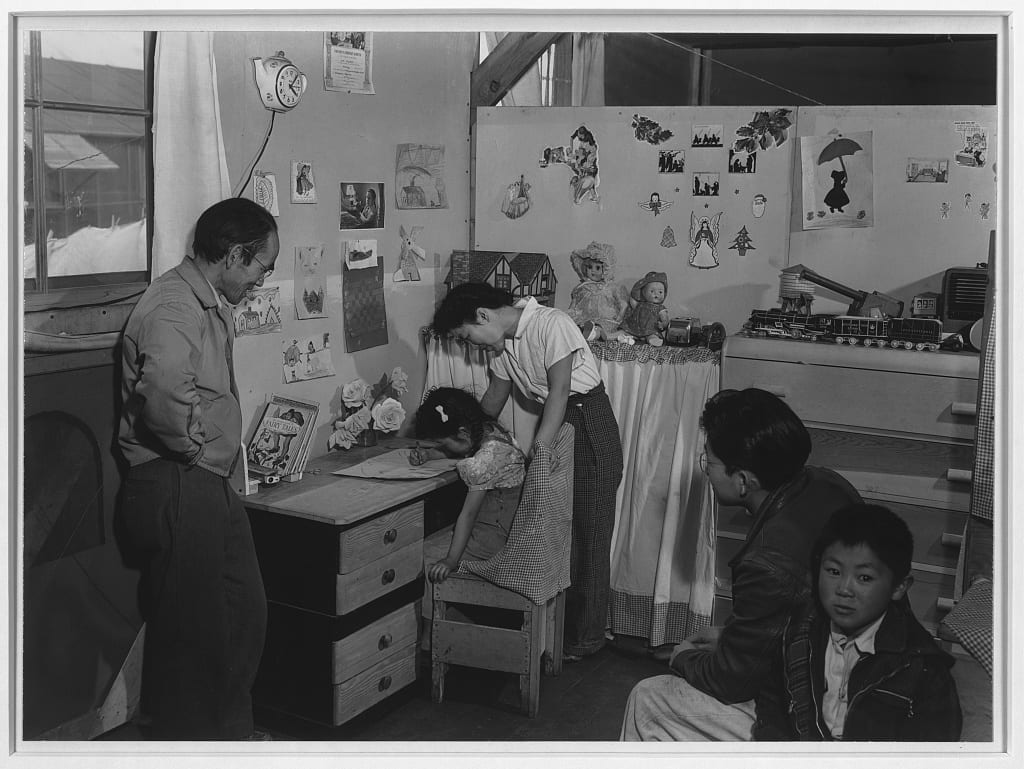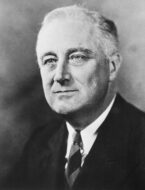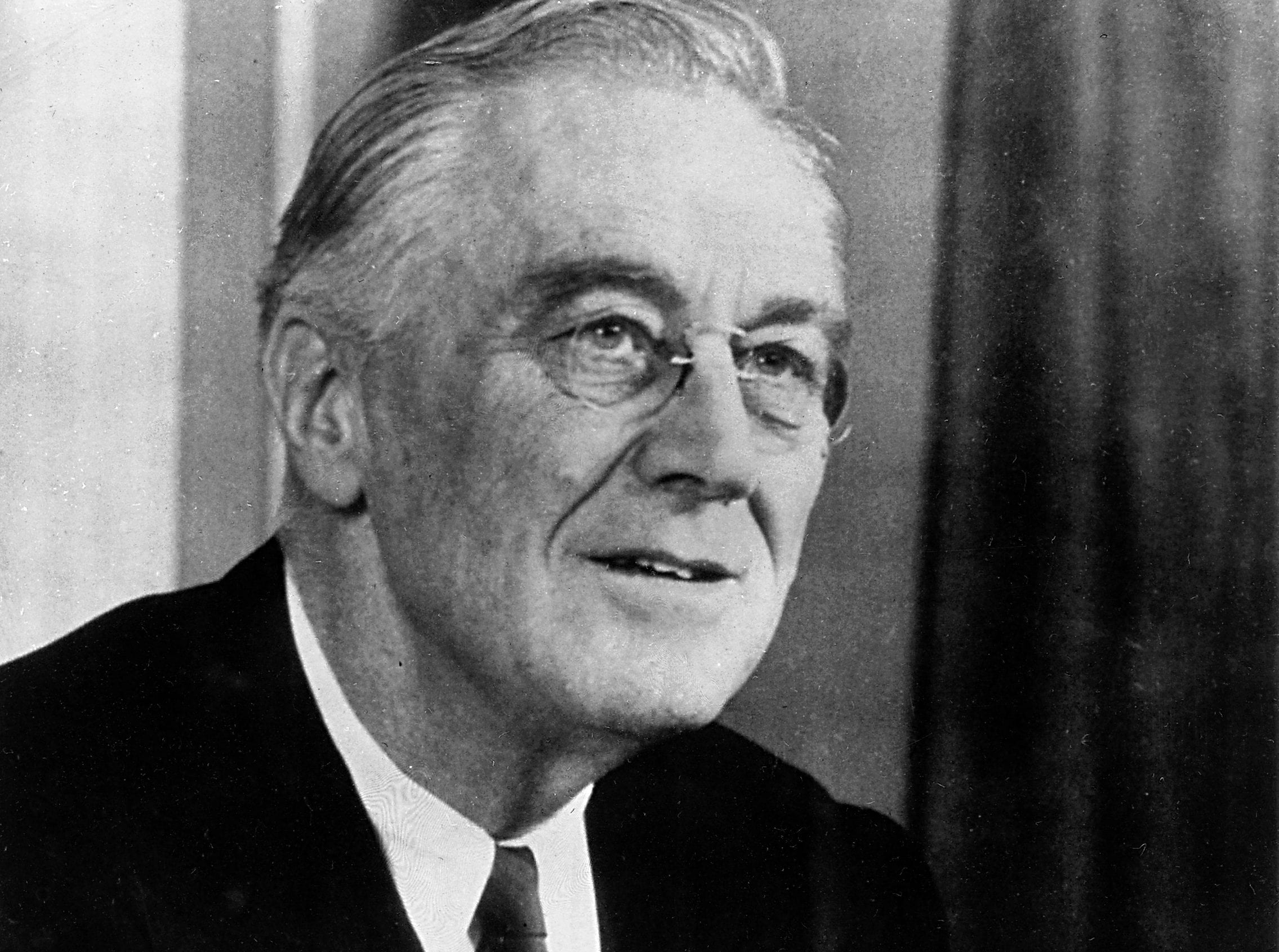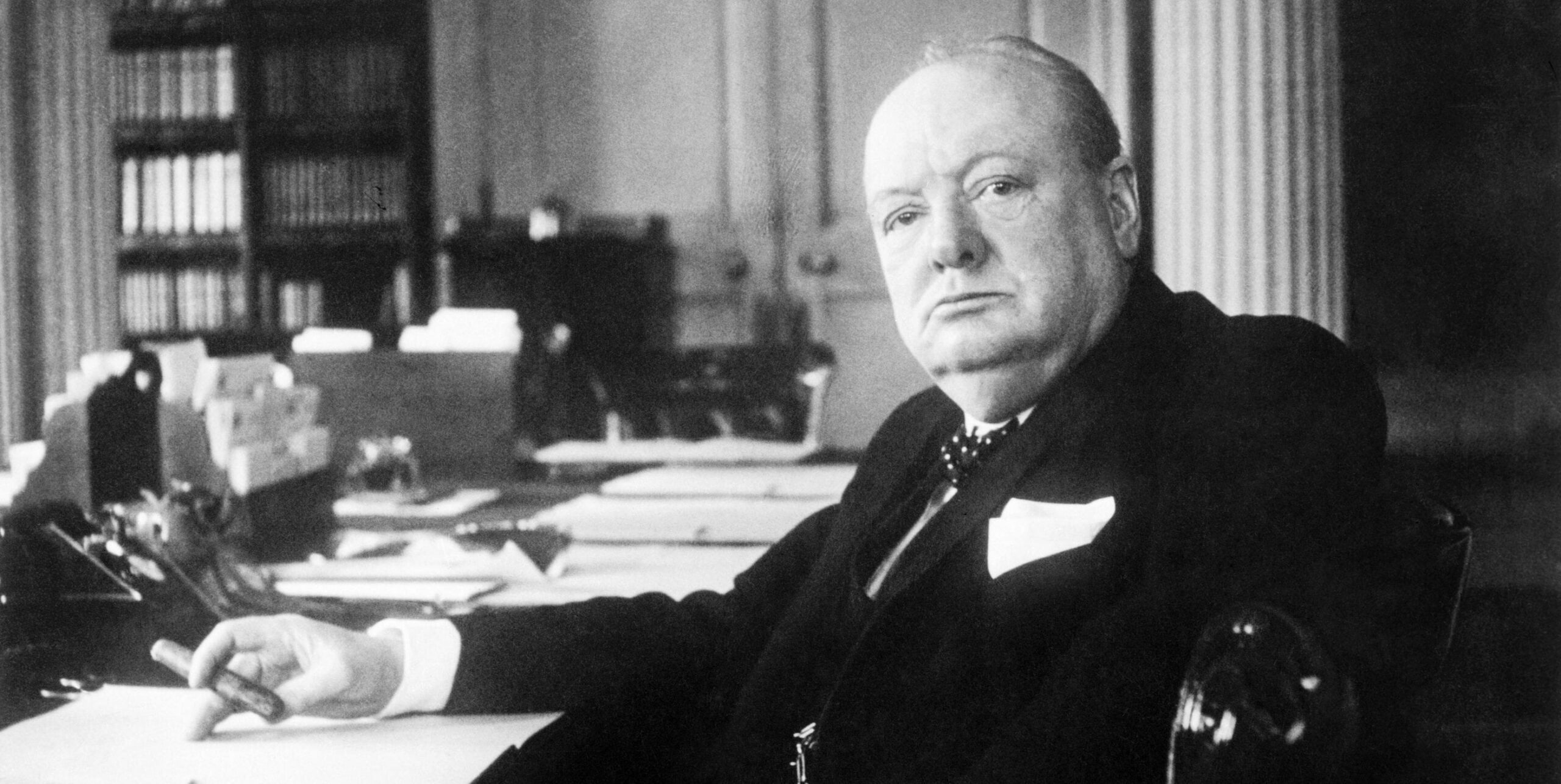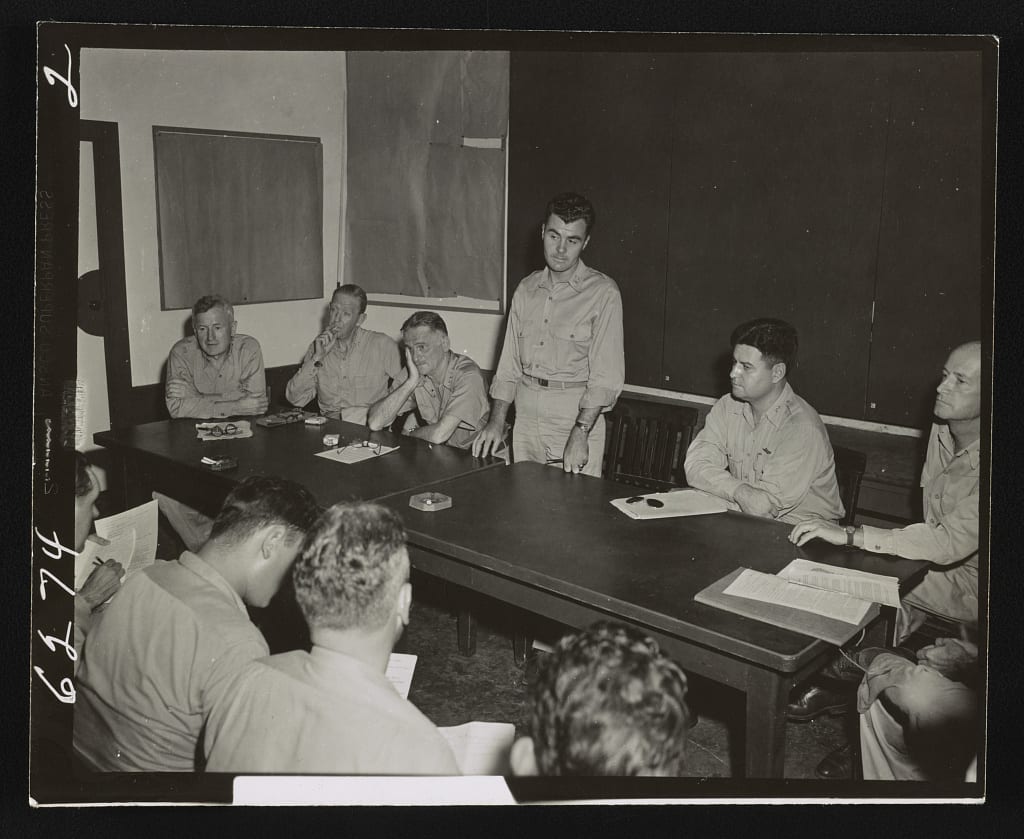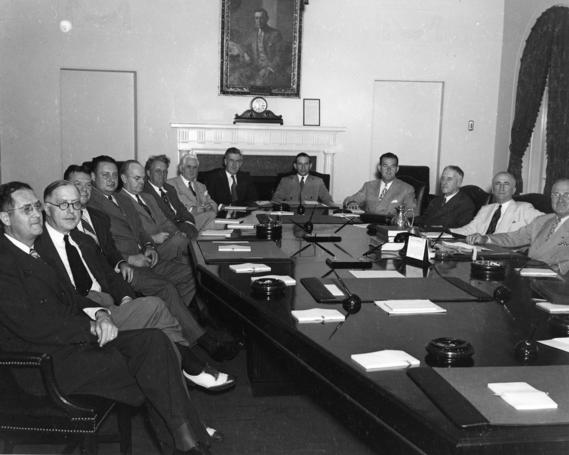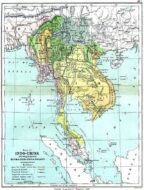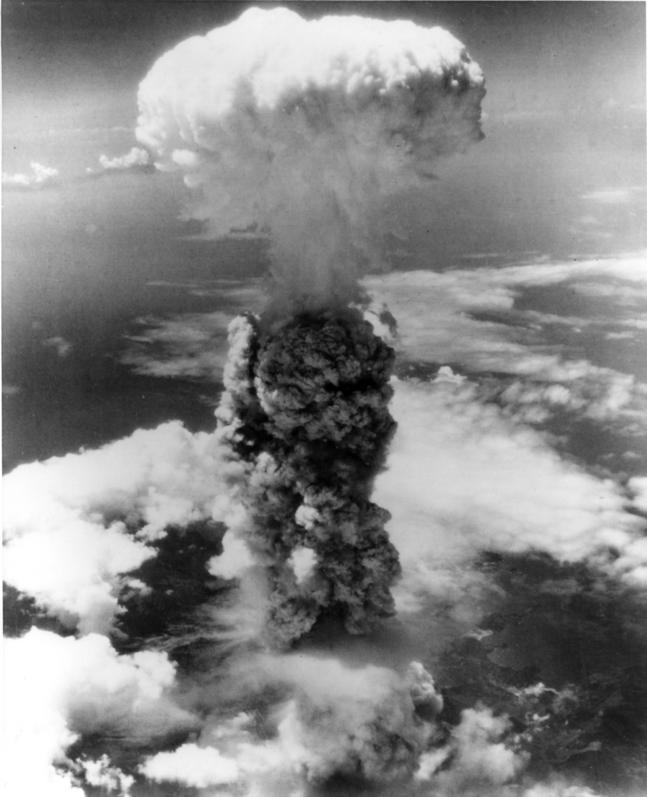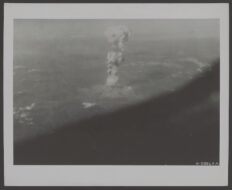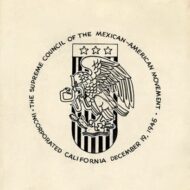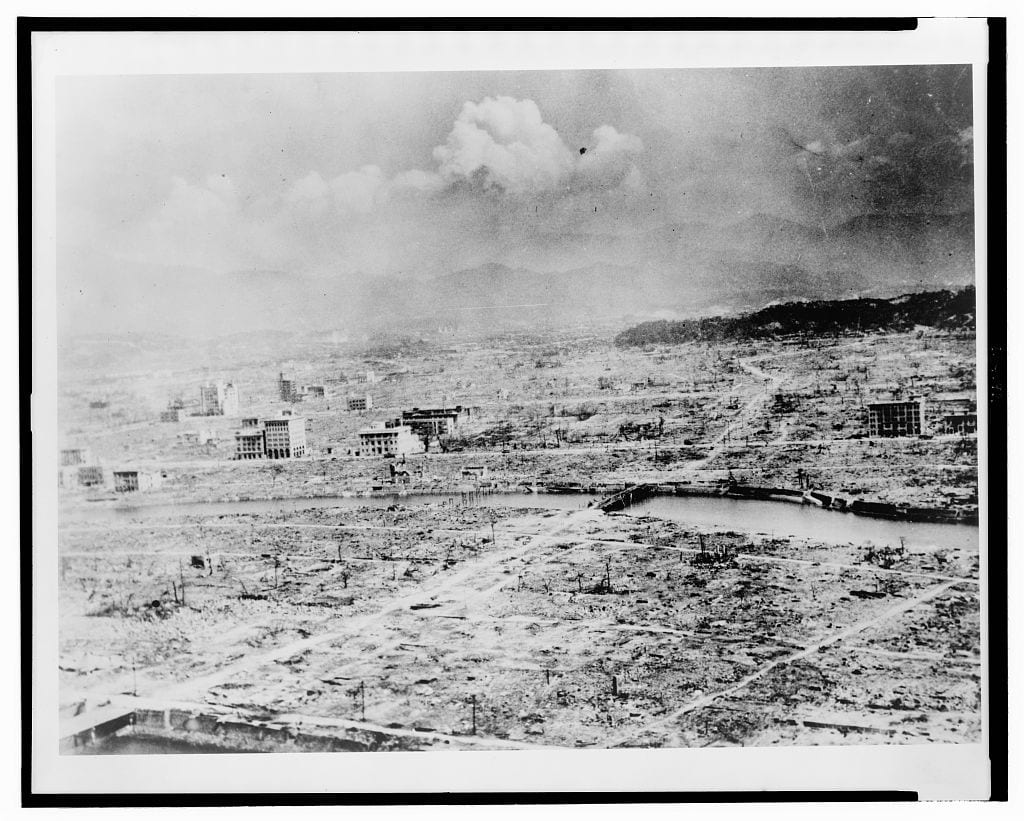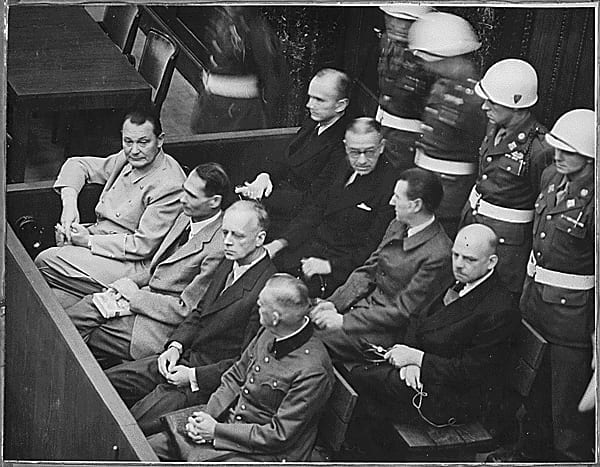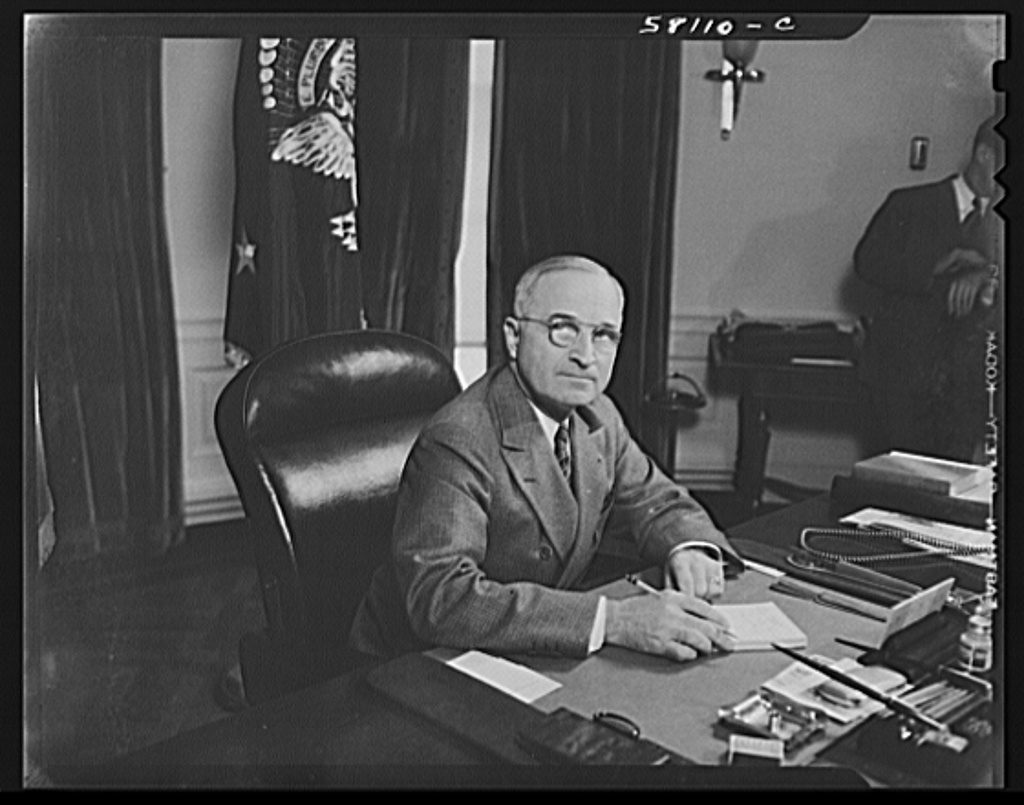Introduction
In January 1944, President Franklin D. Roosevelt created the War Refugee Board to aid civilian victims of Nazi aggression. The Board worked secretly with diplomats from neutral nations and resistance fighters to save the lives of approximately 200,000 Hungarian Jews. Jewish organizations, however, pressed the United States to do more. On August 9, 1944, the head of the Rescue Department of the World Jewish Congress, headquartered in New York, sent this note requesting that US airplanes drop bombs on Auschwitz-Birkenau, an extermination camp complex located in Poland. On August 14, 1944, the War Department rejected this request. The American Air Force soon thereafter bombed the I.G. Farben synthetic oil and rubber (Buna) works located only five miles from Auschwitz-Birkenau. The decision to not bomb Auschwitz continues to provoke debate over whether the United States did enough to help European Jews. One side emphasizes that air raids carried multiple risks including the likelihood of killing prisoners because American planes could not bomb with the pinpoint accuracy needed to hit only railroad lines. In addition, railway lines could be quickly rebuilt. The best way to end the killing was to win the war. Others argue that even if prisoners were killed, American bombing would have disrupted the Nazi killing machine and potentially saved the lives of those destined for the gas chambers.
—Jennifer D. Keene
Source: Letter from Assistant Secretary of War John McCloy to World Jewish Congress Rescue Department Head A. Leon Kubowitzki, World Jewish Congress Records, MS-361, Box D107, Folder 13, The Jacob Rader Marcus Center of the American Jewish Archives, Cincinnati, Ohio. Available online: https://goo.gl/gka9Nx. Reprinted courtesy of The Jacob Rader Marcus Center of the American Jewish Archives, Cincinnati, Ohio (americanjewisharchives.org).
August 9, 1944
Hon. John J. McCloy
Under Secretary of War
War Department
Washington, D.C.
My dear Mr. Secretary:
I beg to submit to your consideration the following excerpt from a message which we received under date of July 29 from Mr. Ernest Frischer of the Czechoslovak State Council through the War Refugee Board.
“I believe that destruction of gas chambers and crematoria in Oswiecim by bombing would have a certain effect now. Germans are now exhuming and burning corpses in an effort to conceal their crimes. This could be prevented by destruction of crematoria and then Germans might possibly stop further mass exterminations especially since so little time is left to them. Bombing of railway communications in this same area would also be of importance and of military interest.”
Sincerely yours,
Leon Kubowitzki
Head, Rescue Department
14 August 1944
Dear Mr. Kubowitski:
I refer to your letter of August 9 in which you request consideration of a proposal made by Mr. Ernest Frischer that certain installations and railroad centers be bombed.
The War Department had been approached by the War Refugee Board, which raised the question of the practicability of this suggestion. After a study it became apparent that such an operation could be executed only by the diversion of considerable air support essential to the success of our forces now engaged in decisive operations elsewhere and would in any case be of such doubtful efficacy that it would not warrant the use of our resources. There has been considerable opinion to the effect that such an effort, even if practicable, might provoke even more vindictive action by the Germans.
The War Department fully appreciates the humanitarian motives which promoted the suggested operation, but for the reasons stated above it has not been felt that it can or should be undertaken, at least at this time.
Sincerely,
John J. McCloy
Assistant Secretary of War


